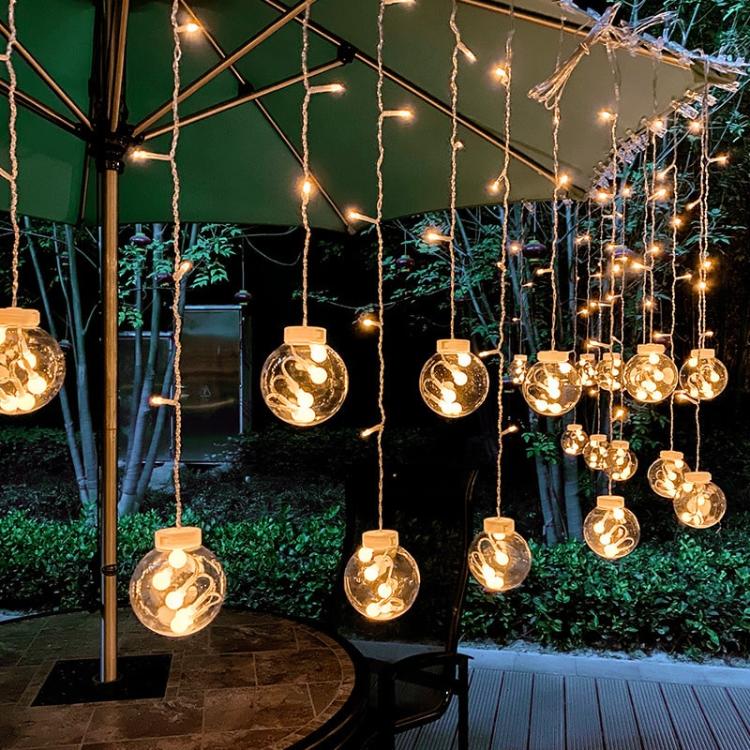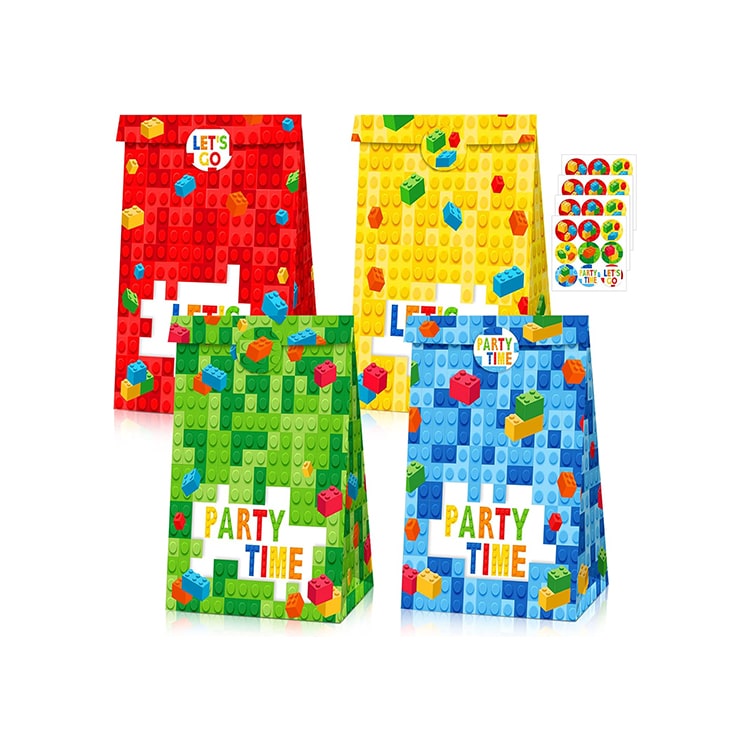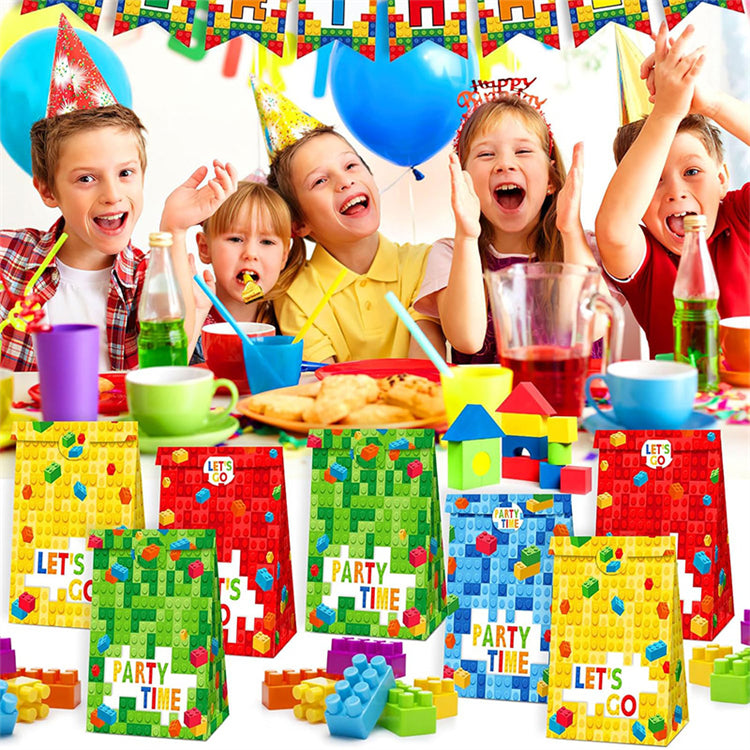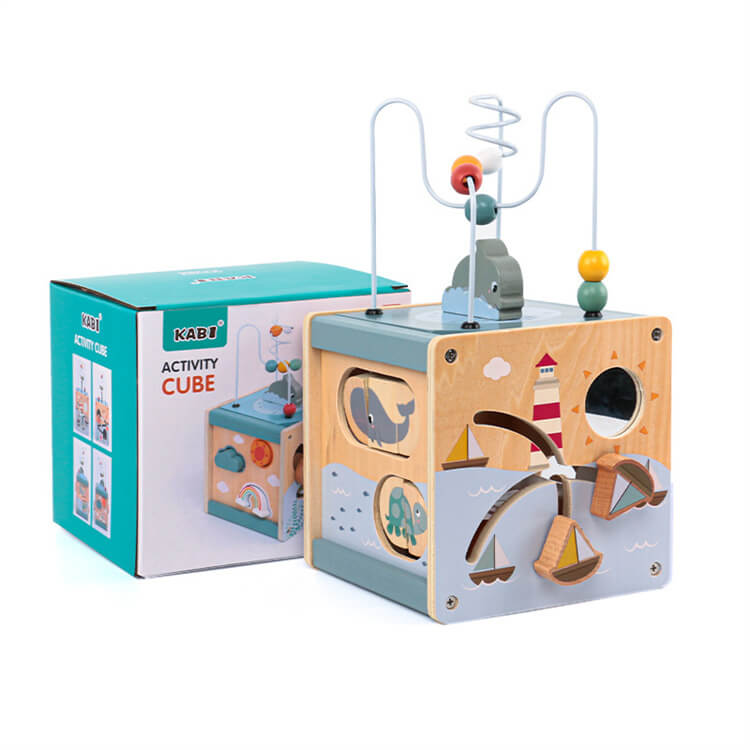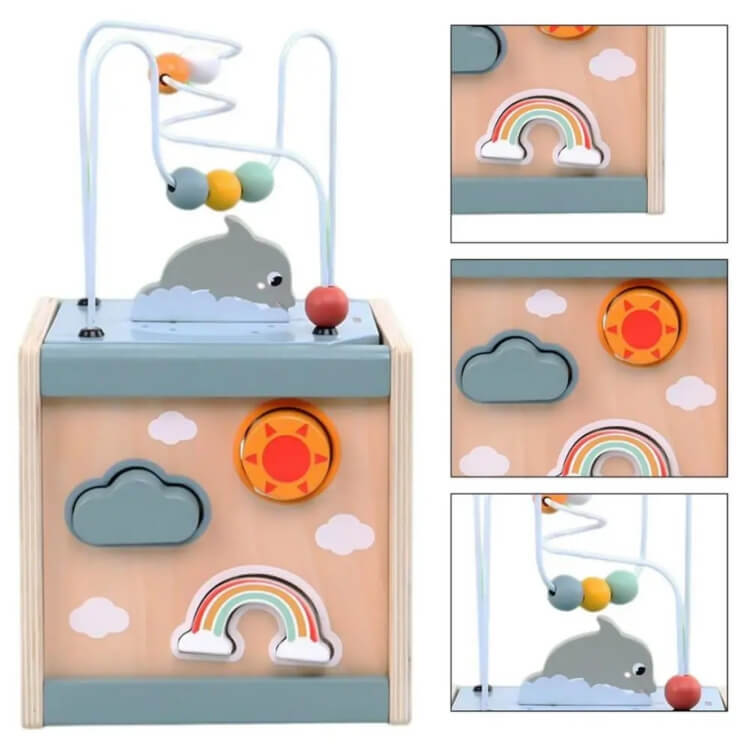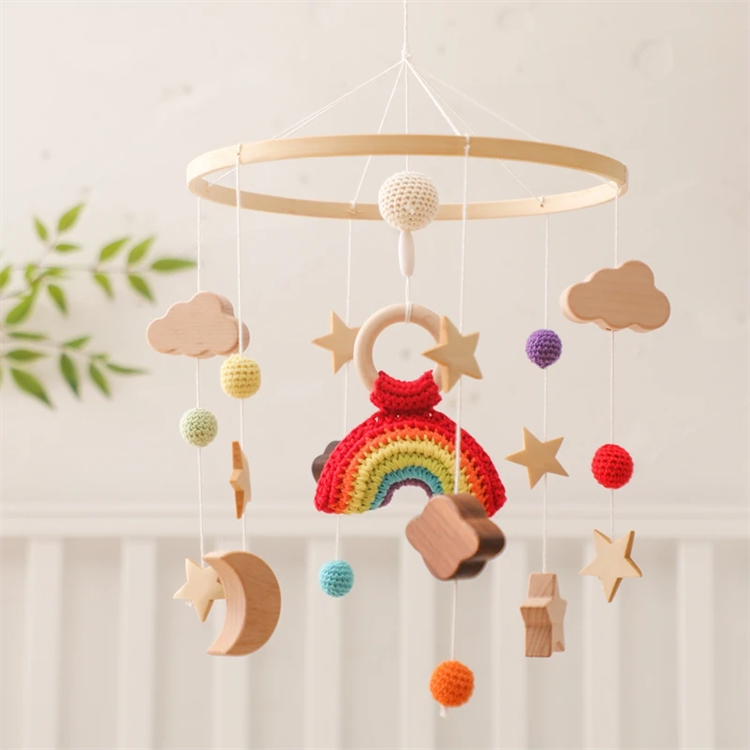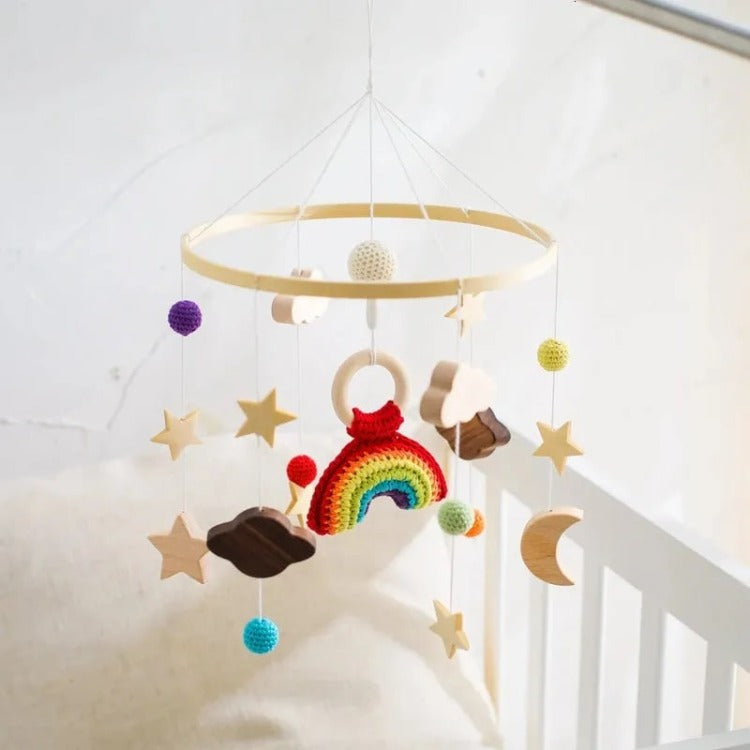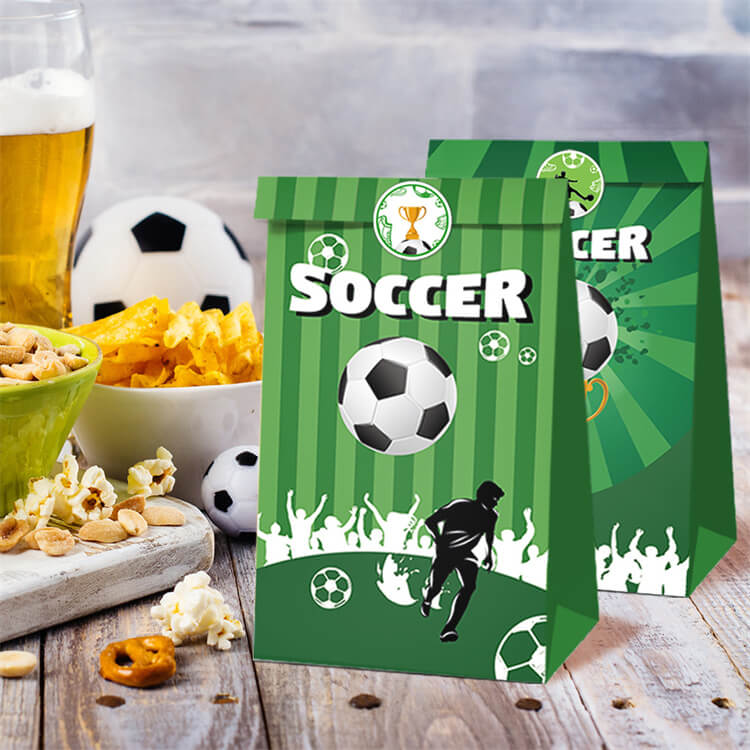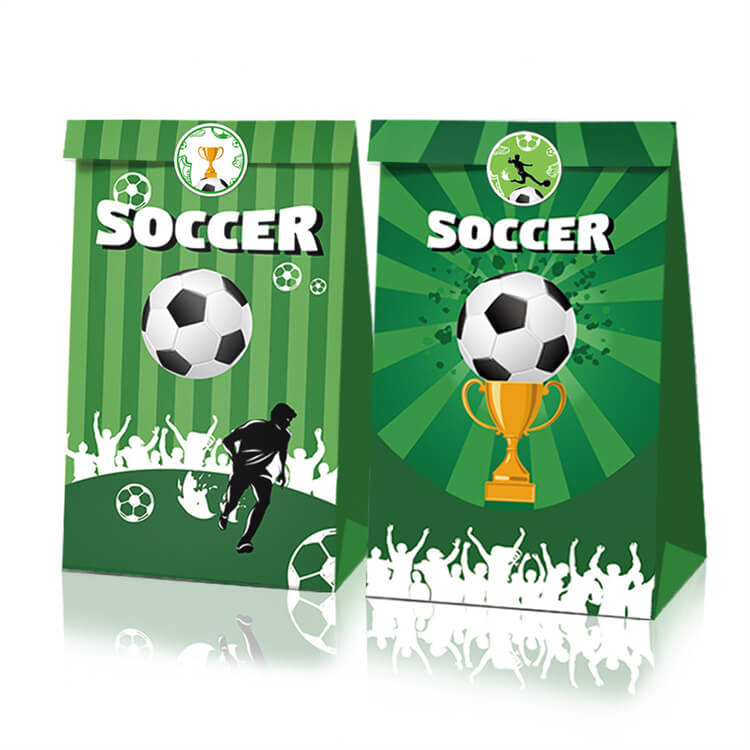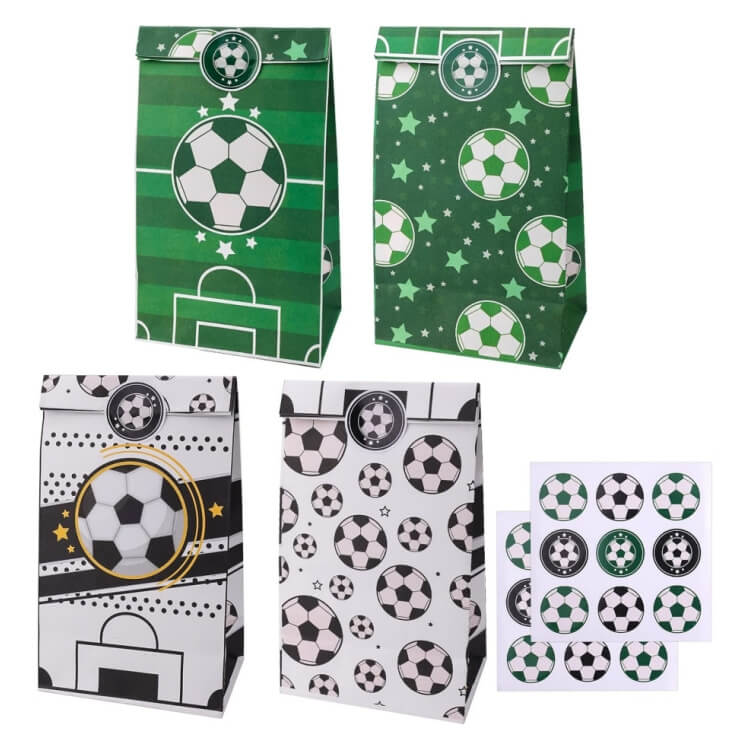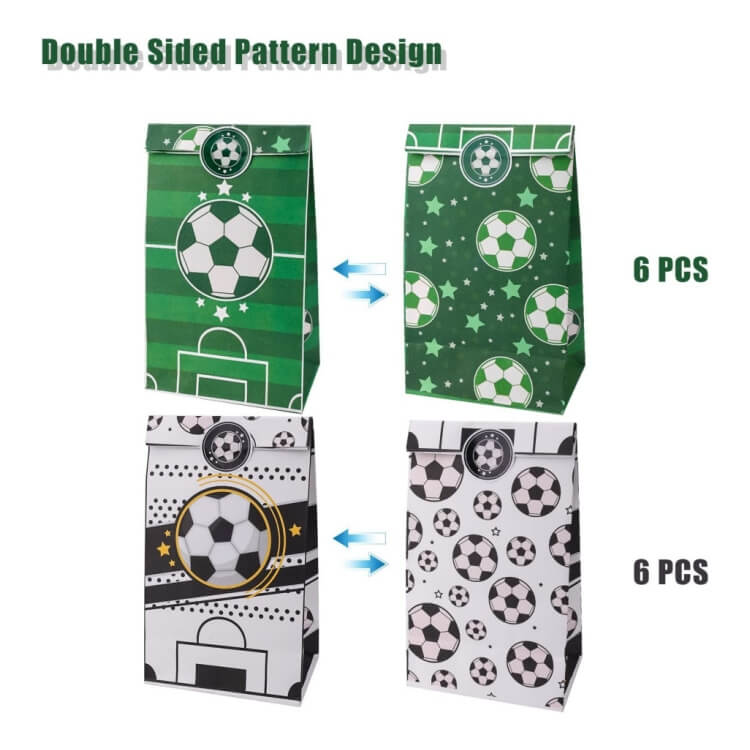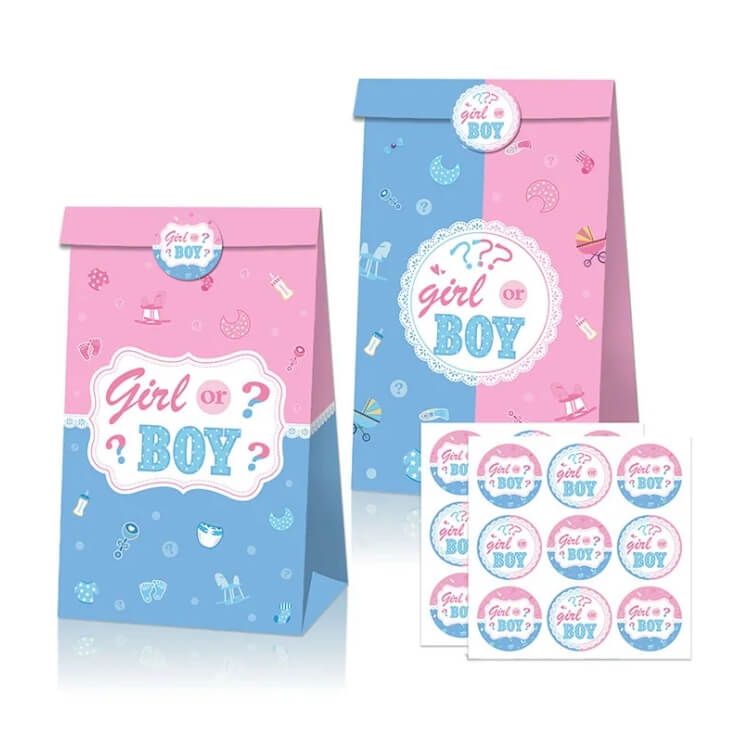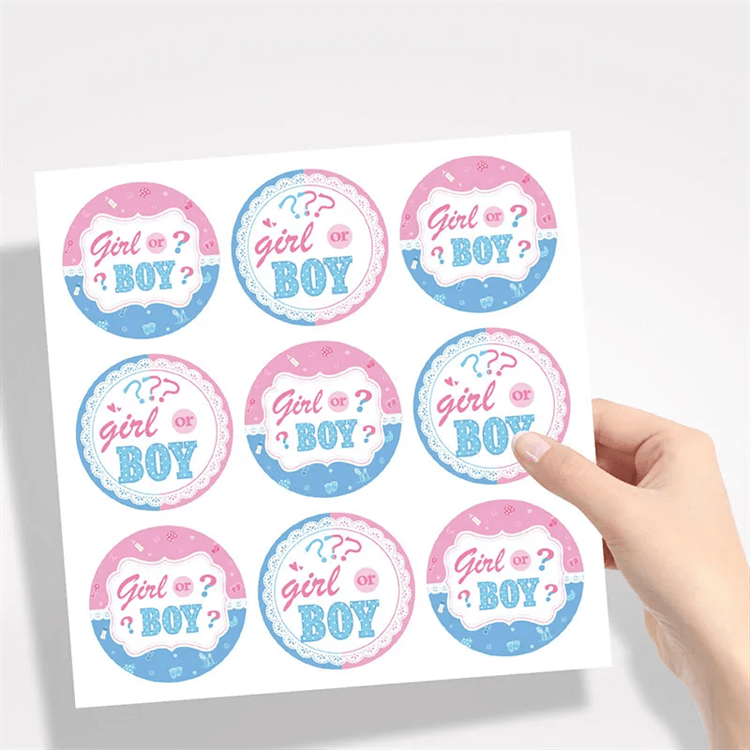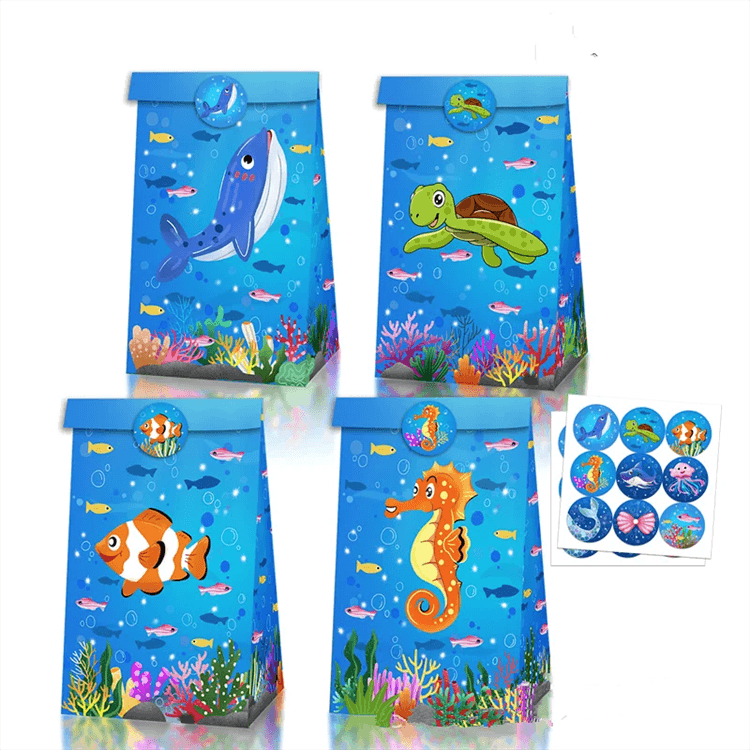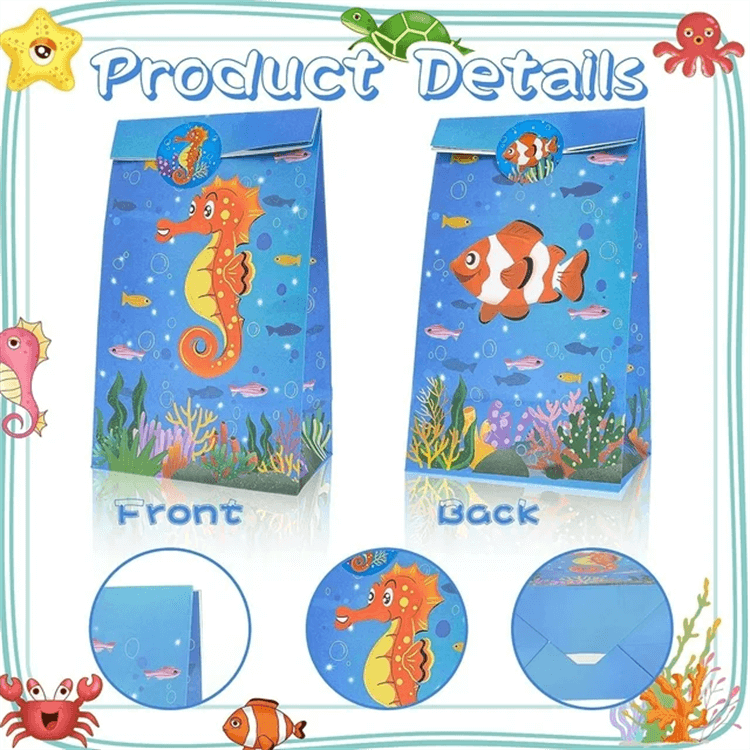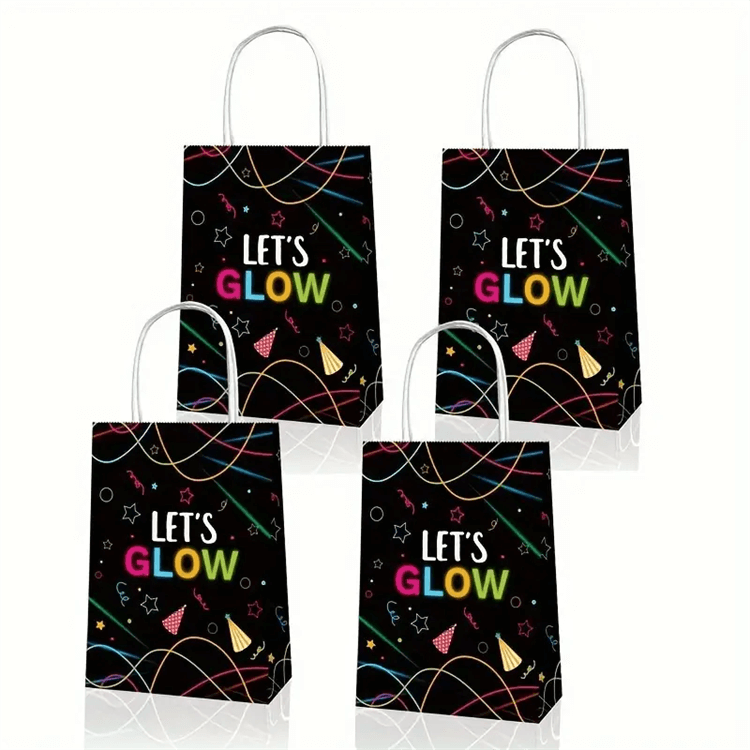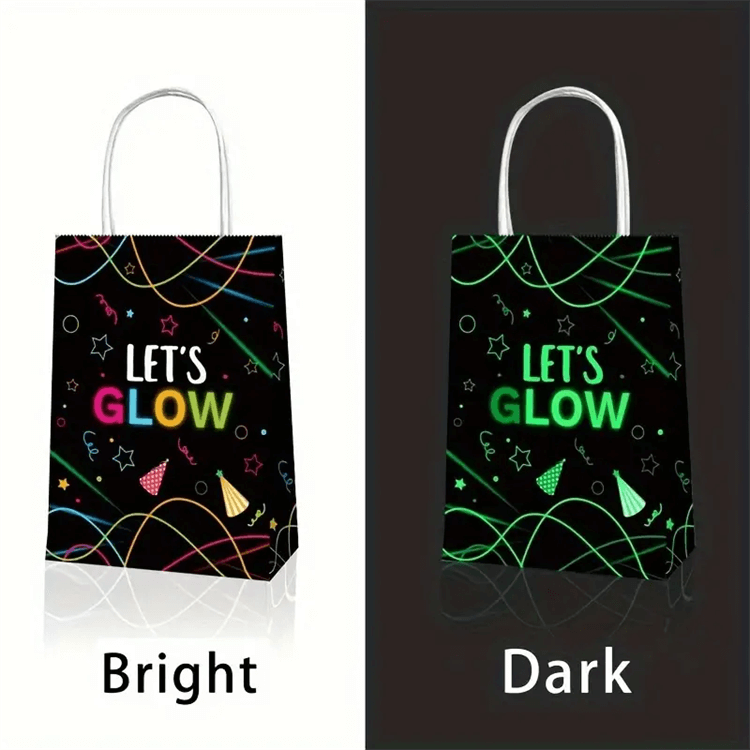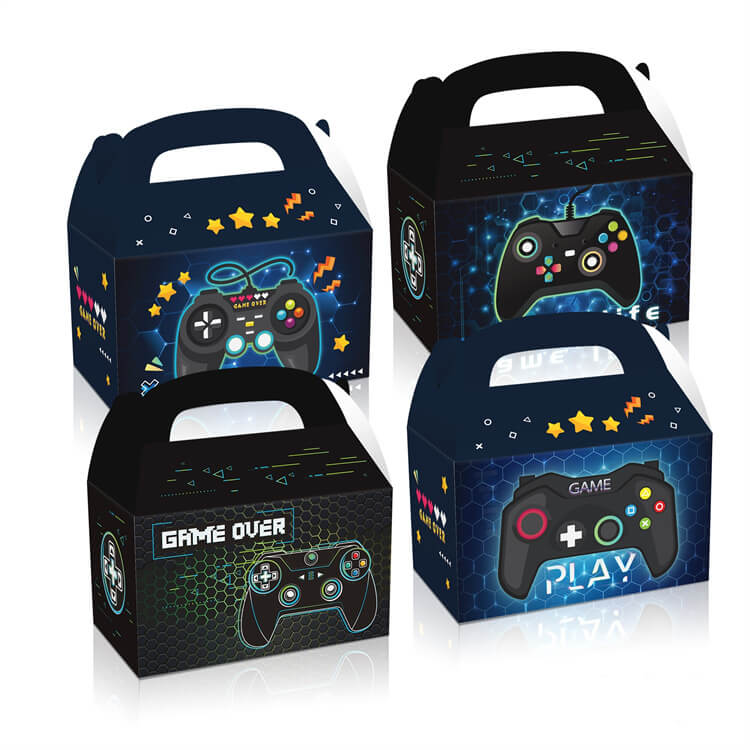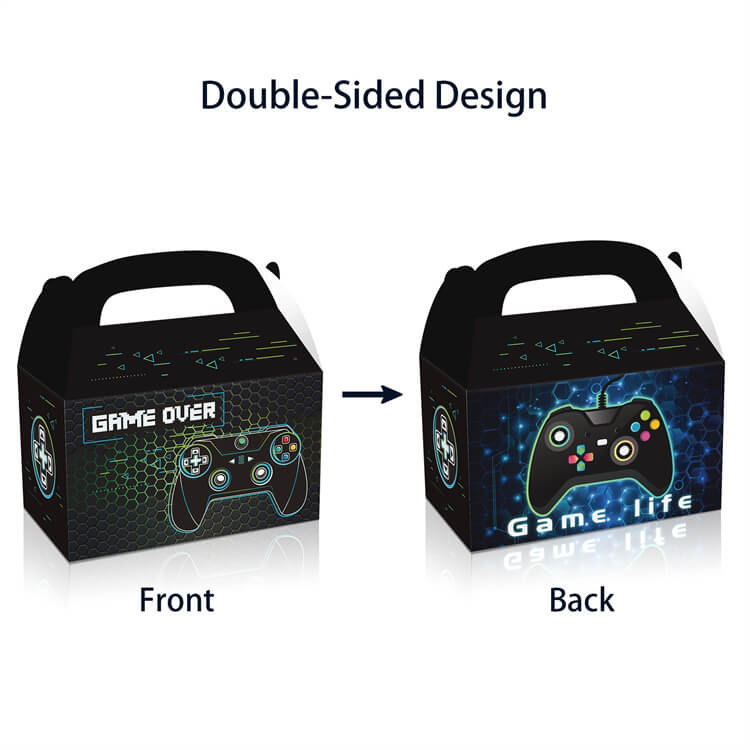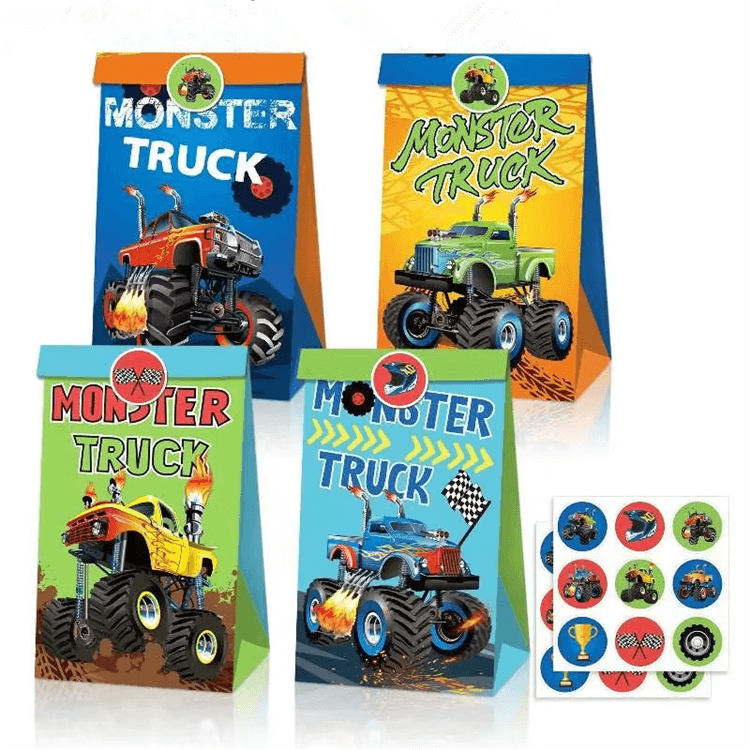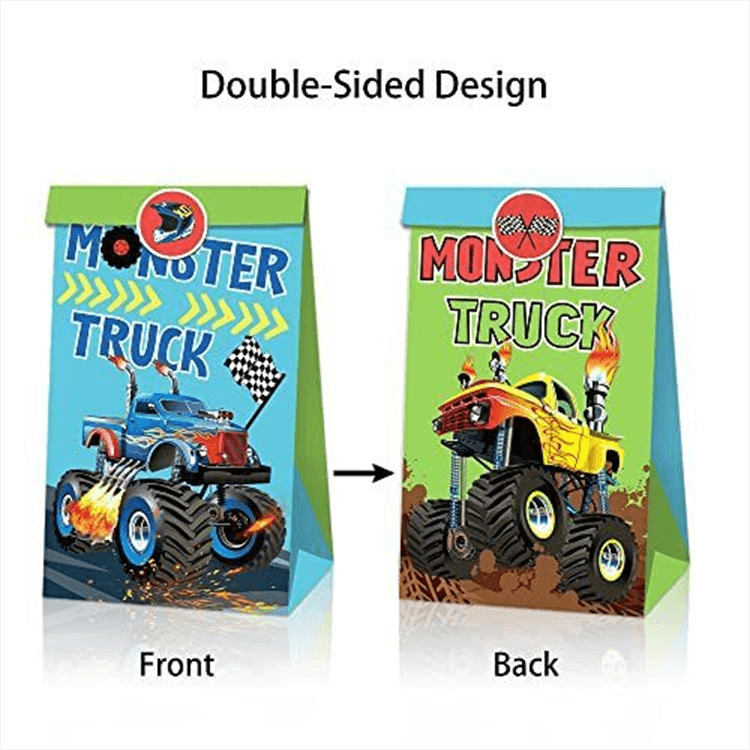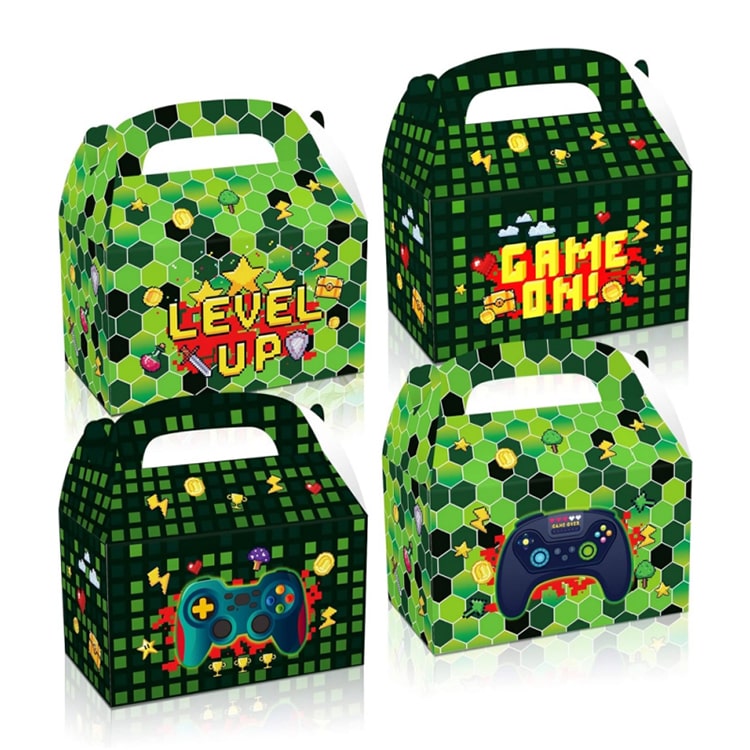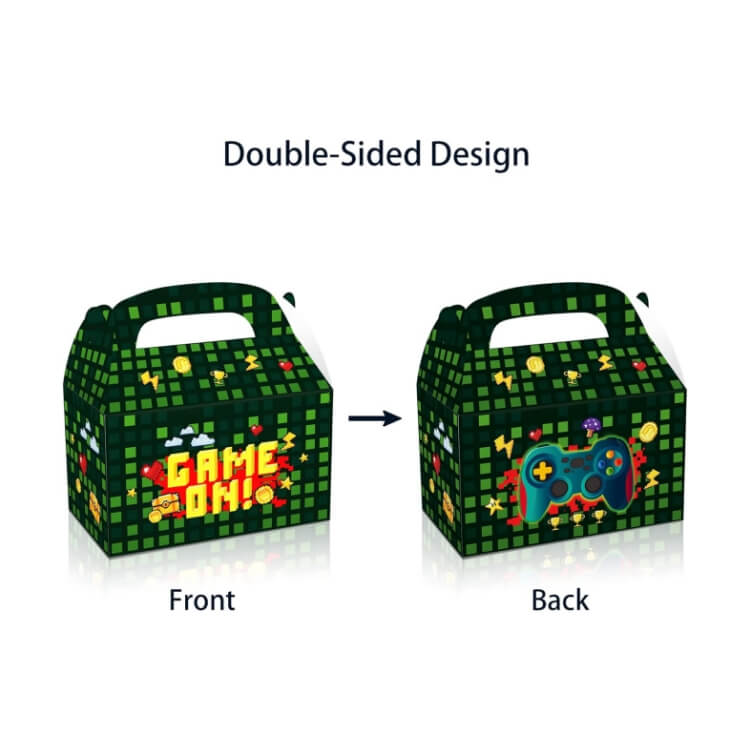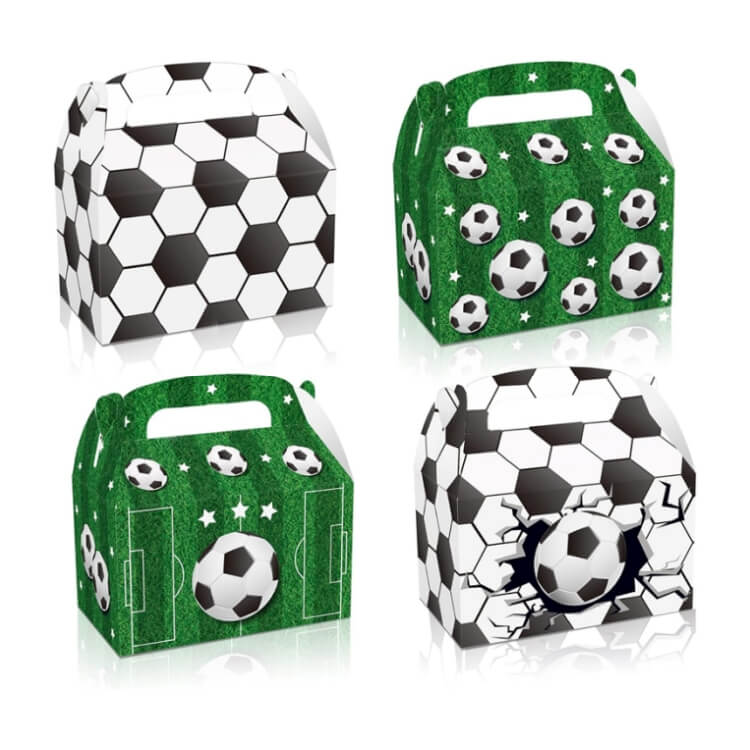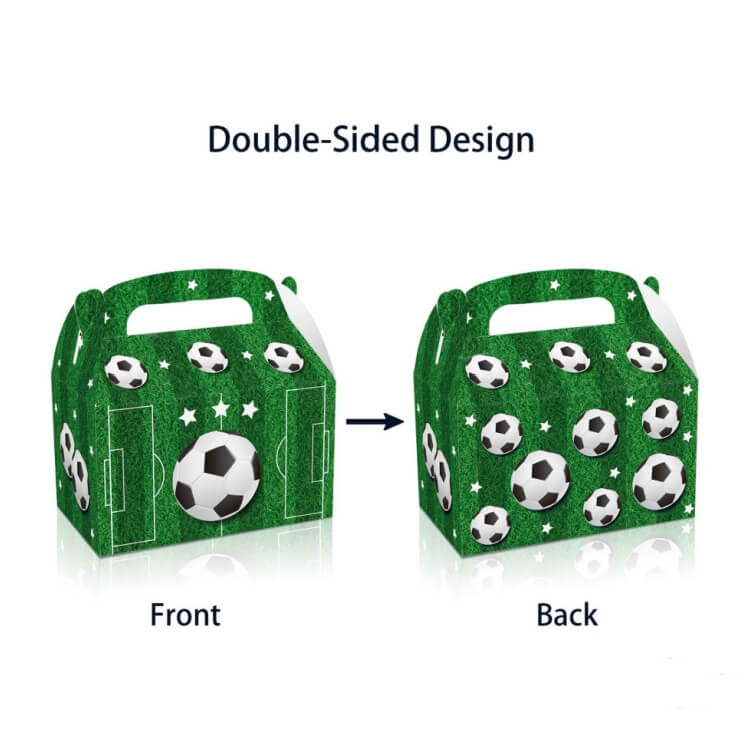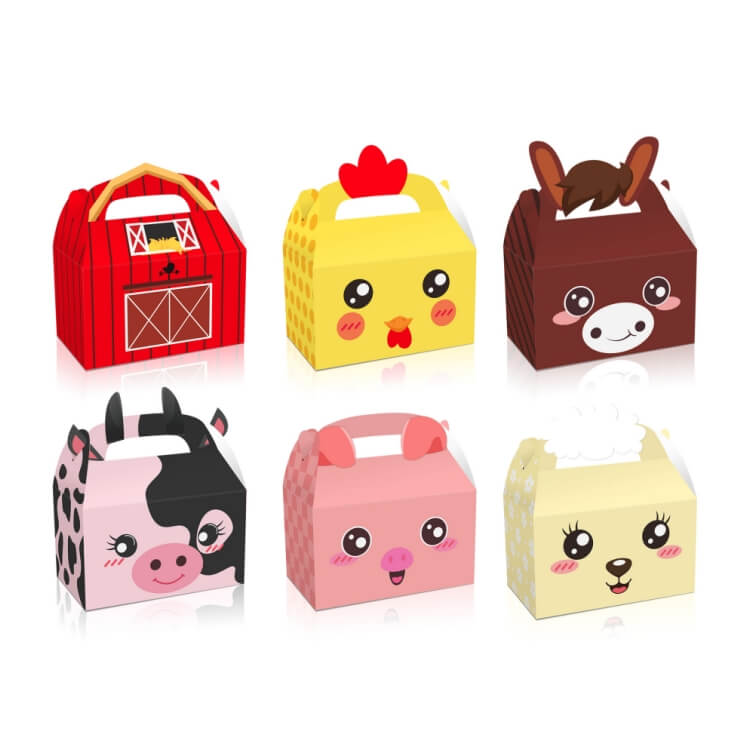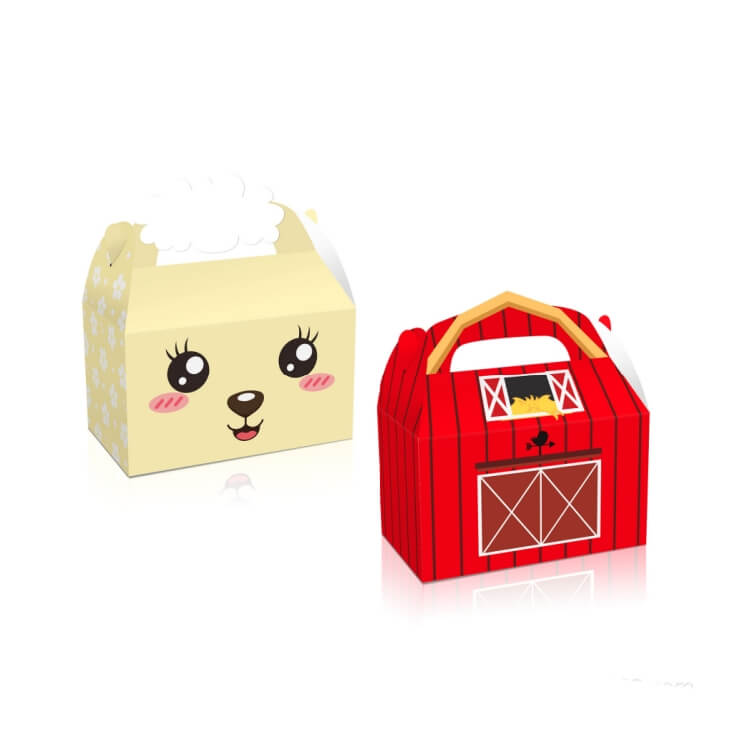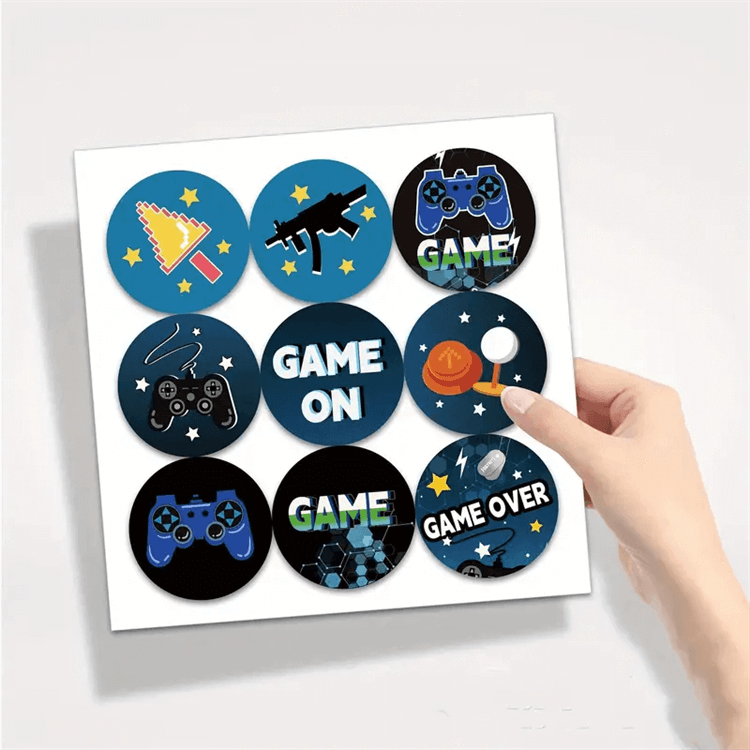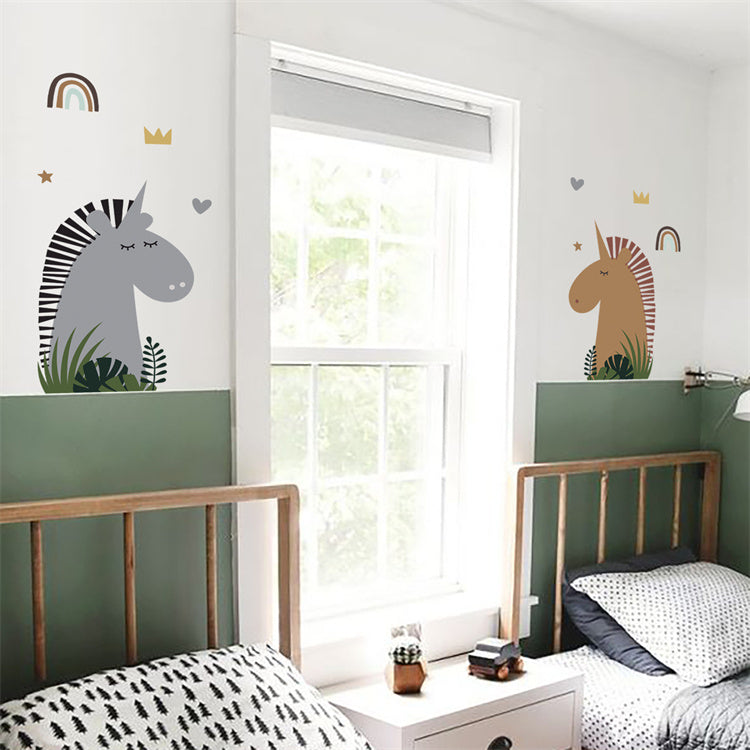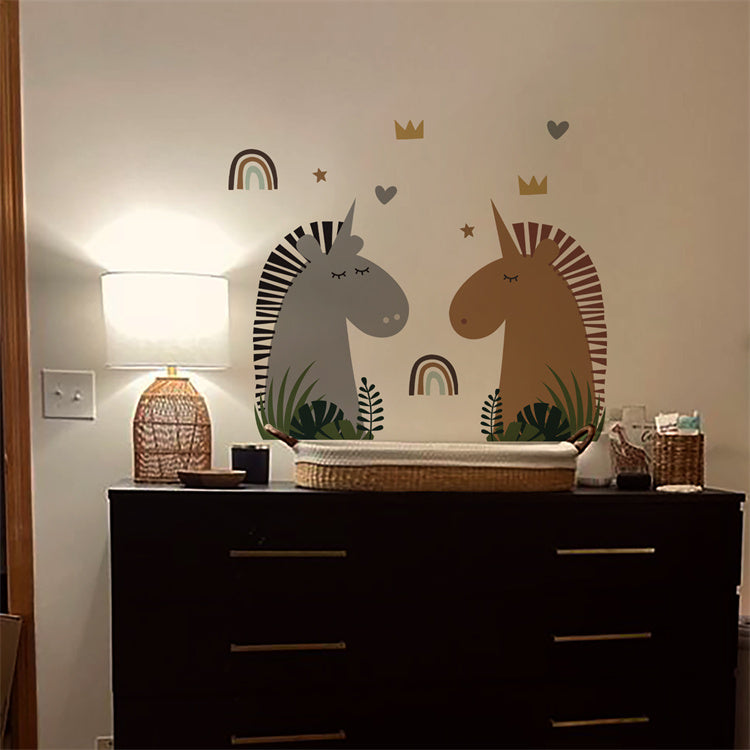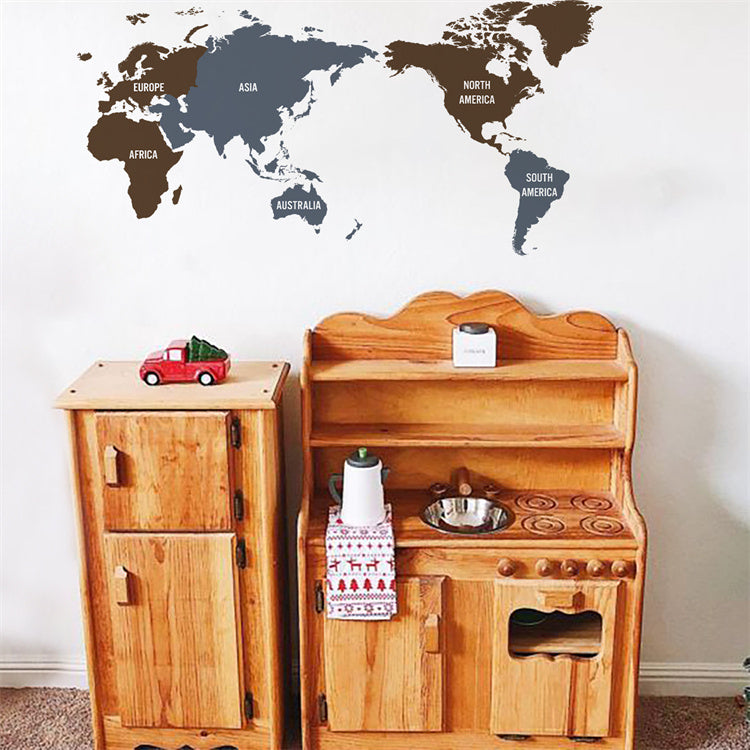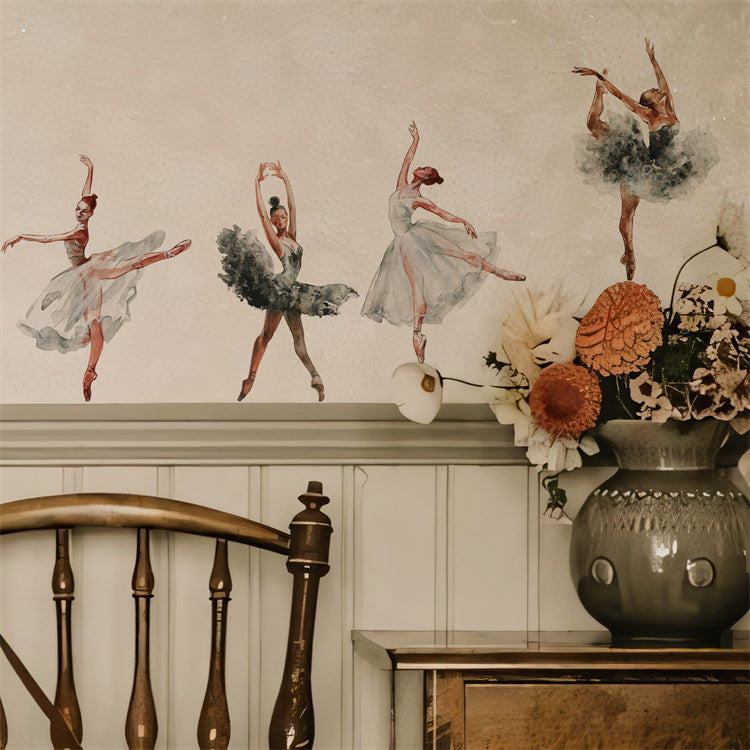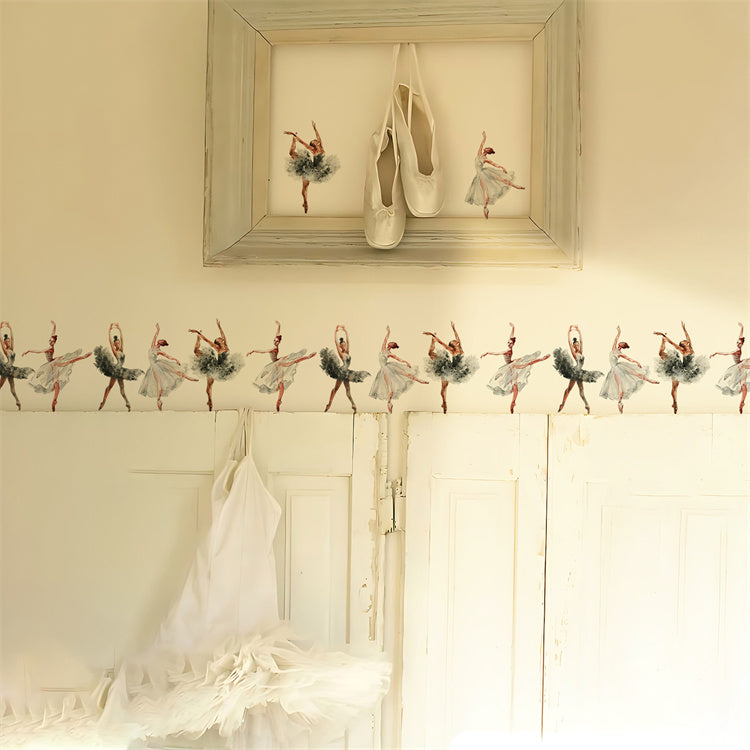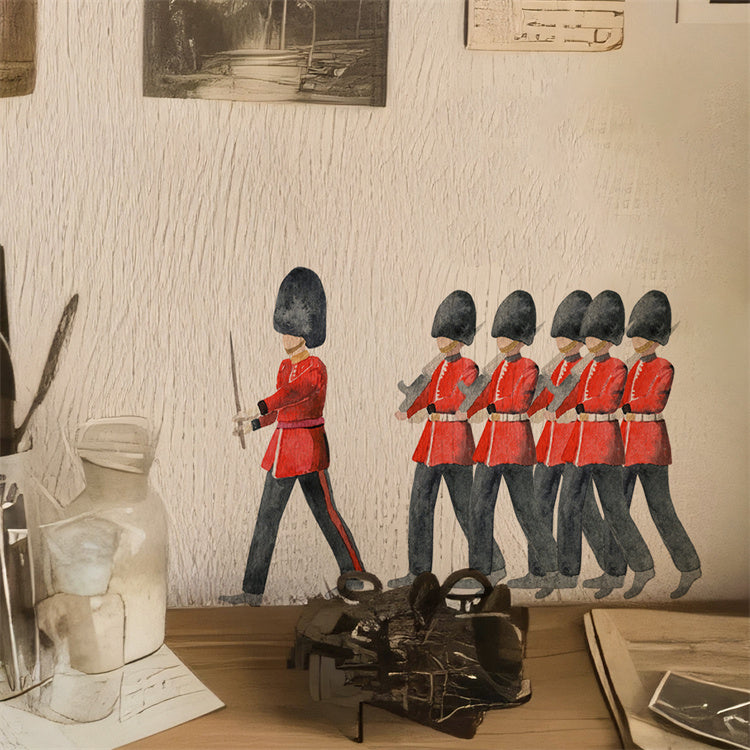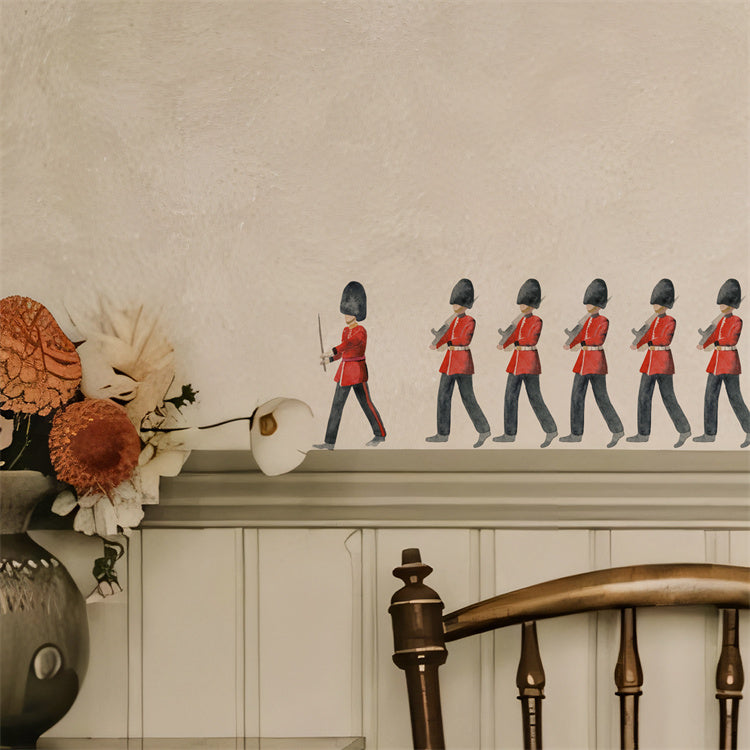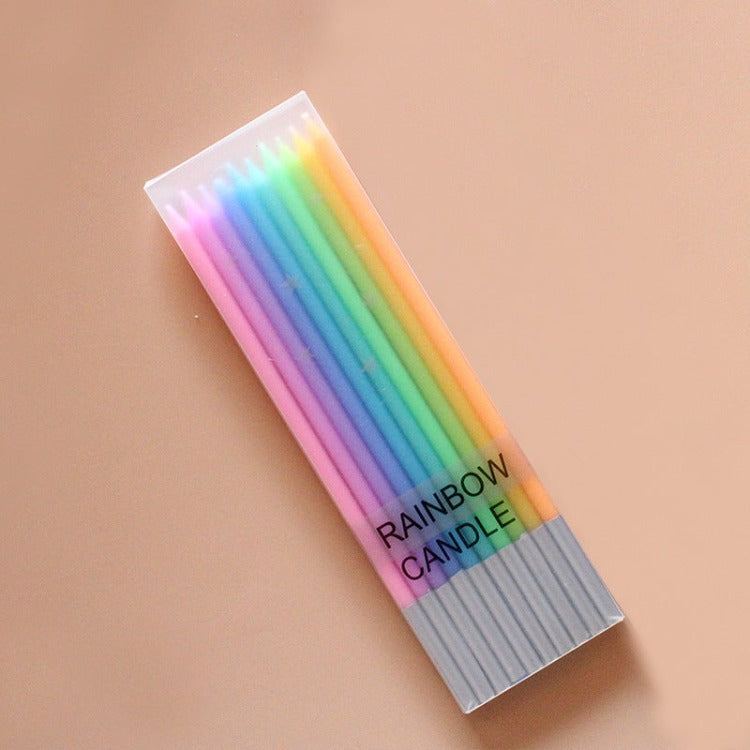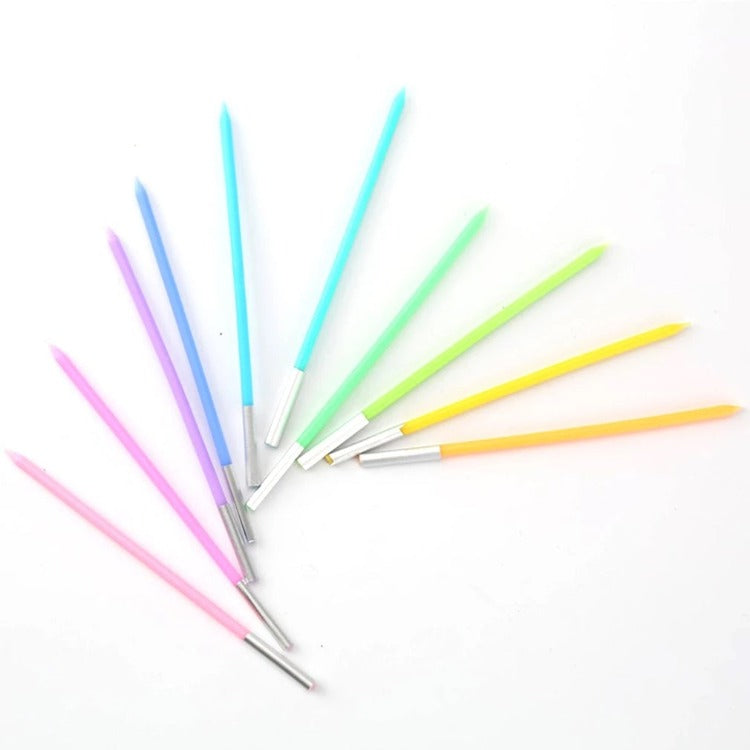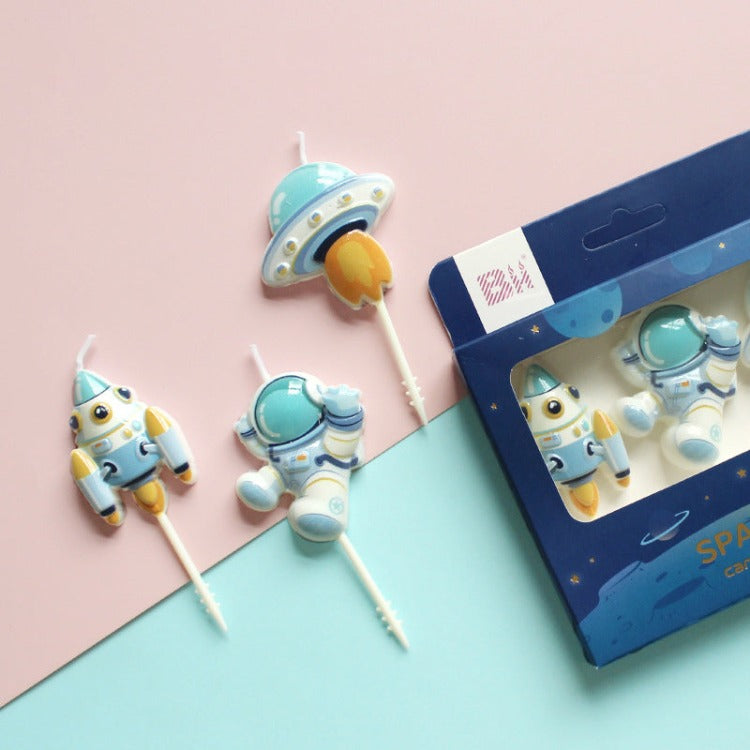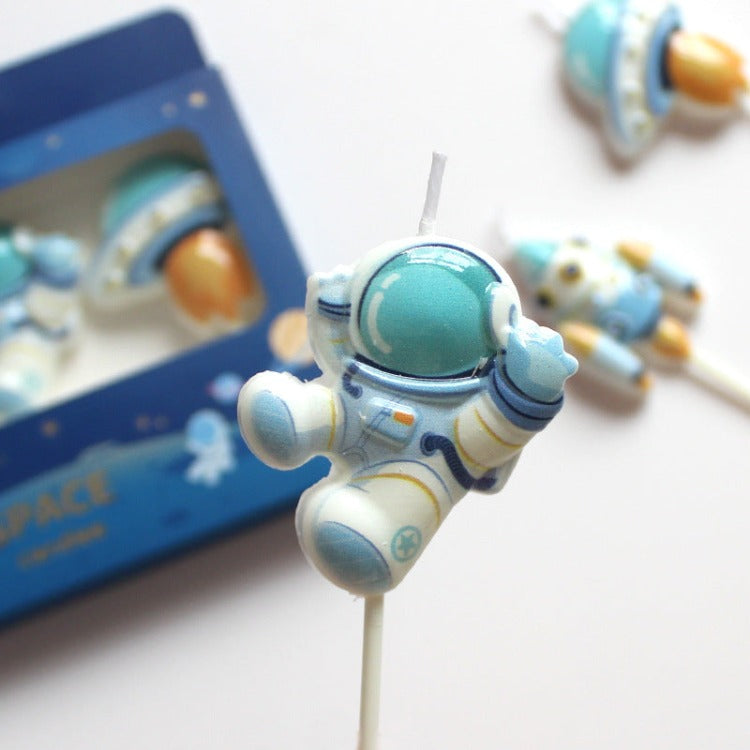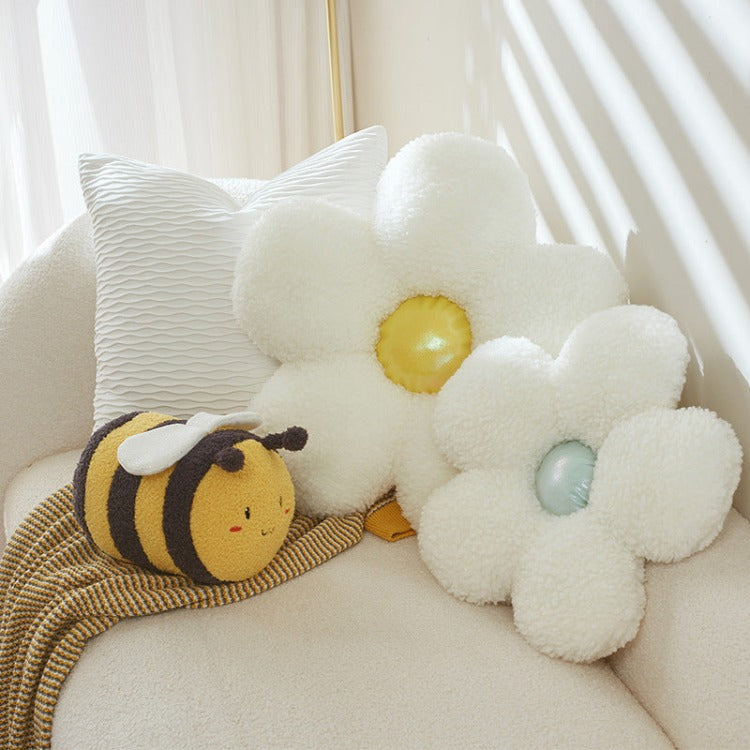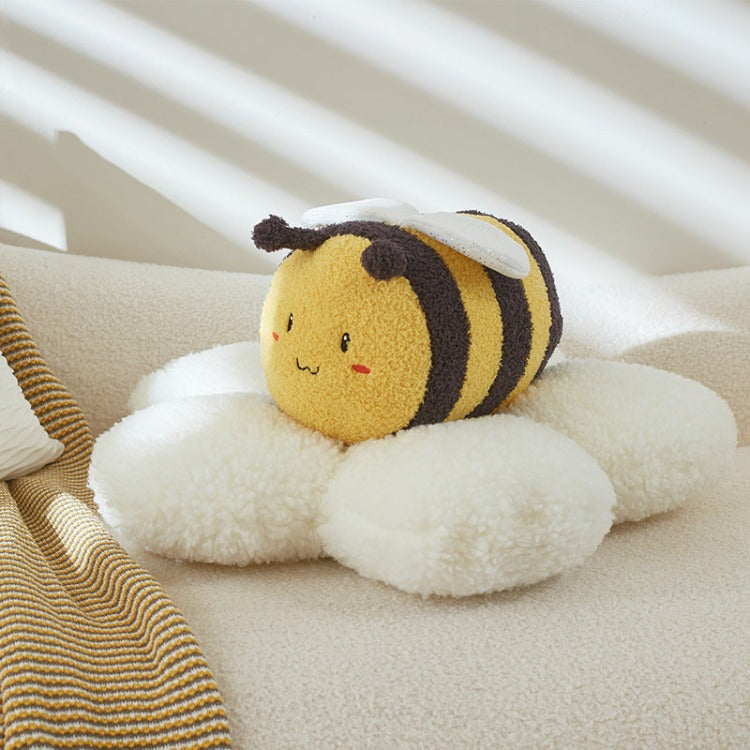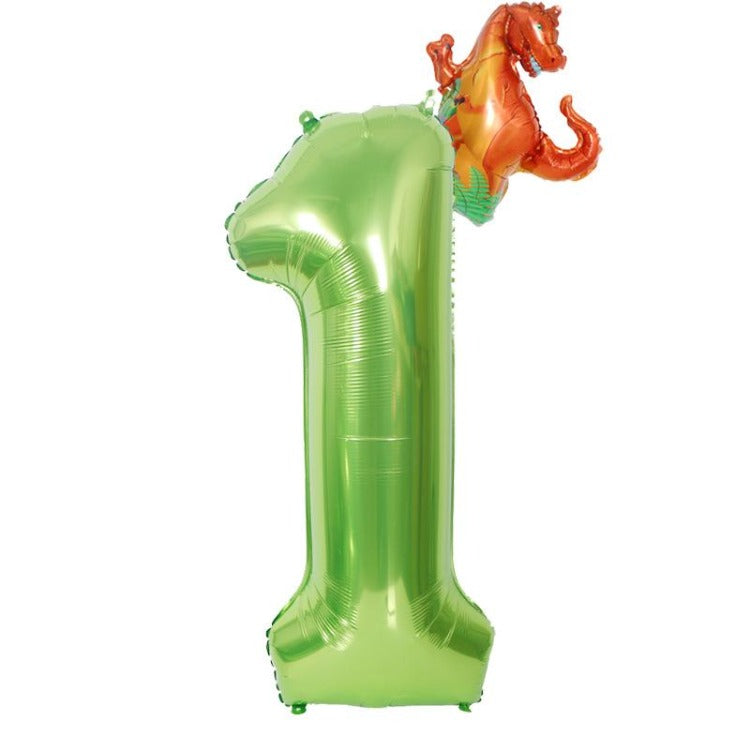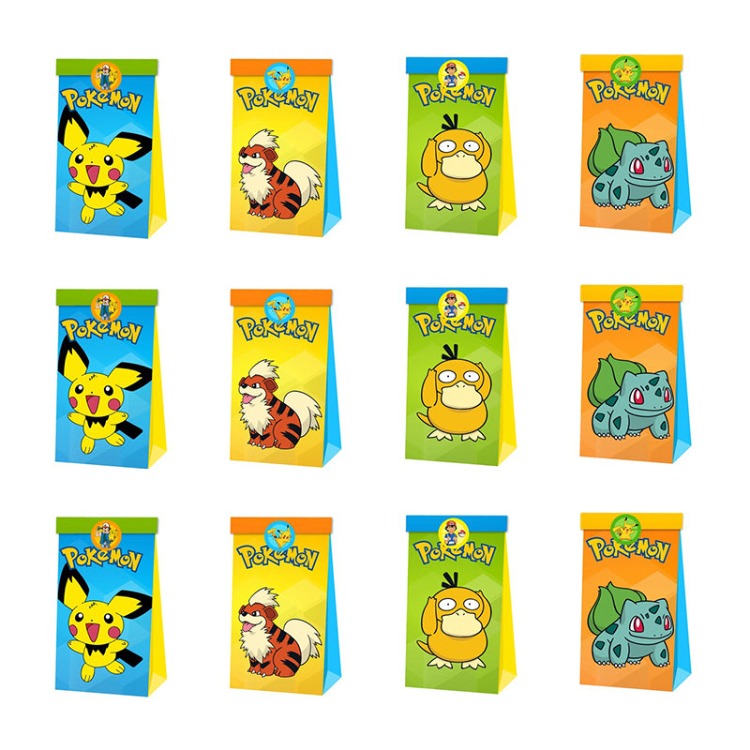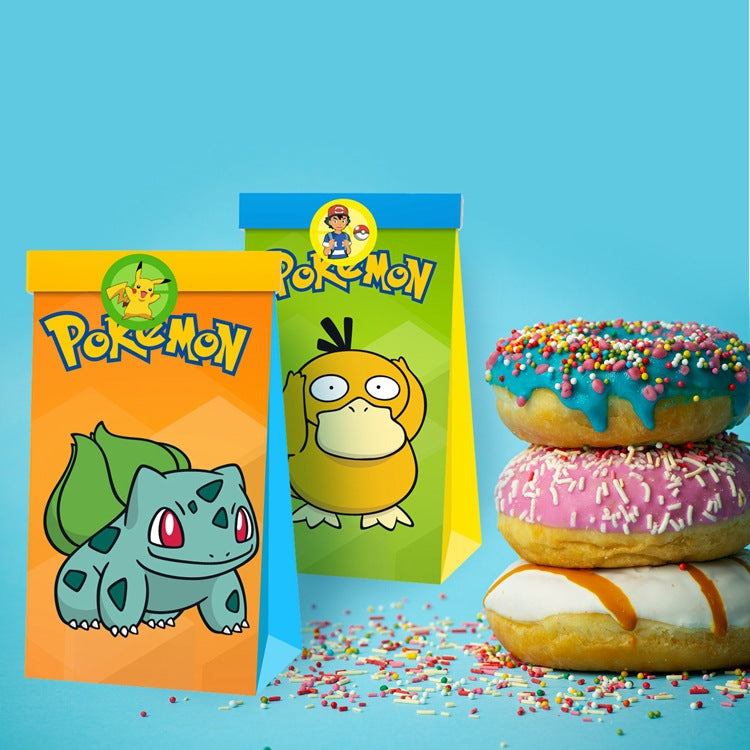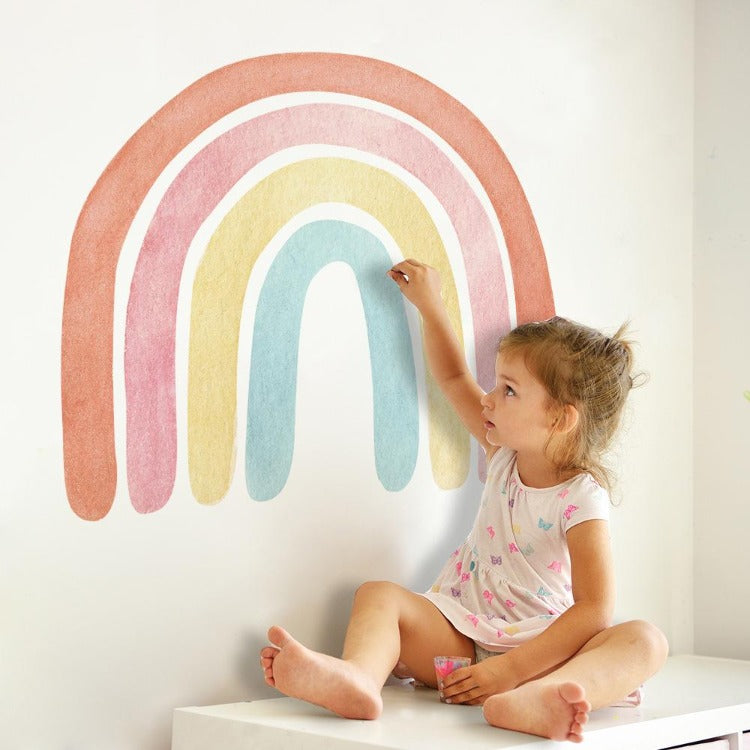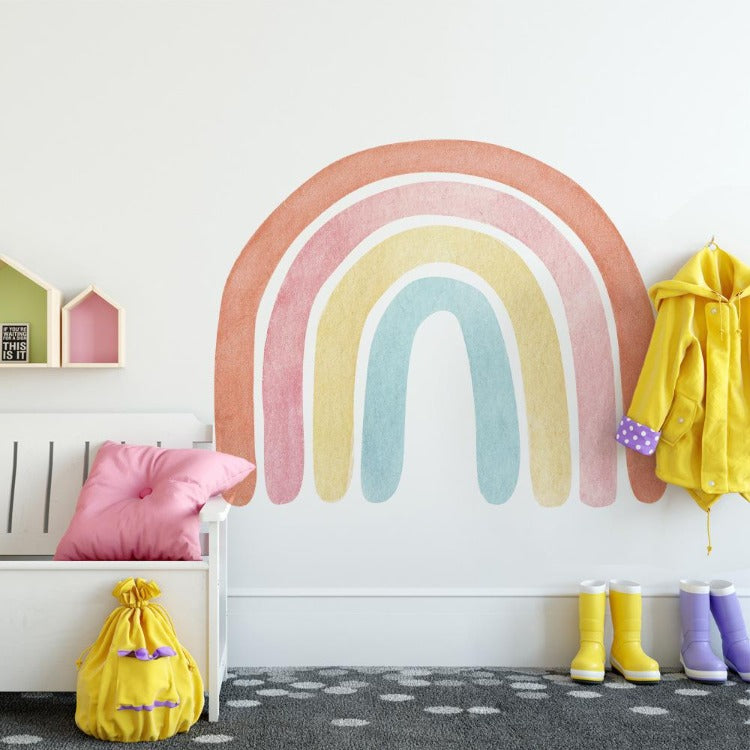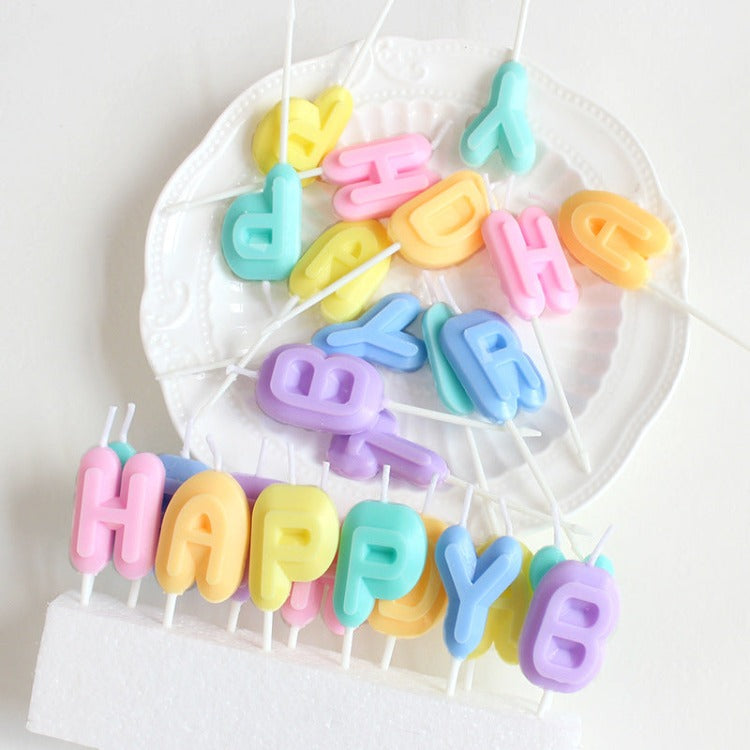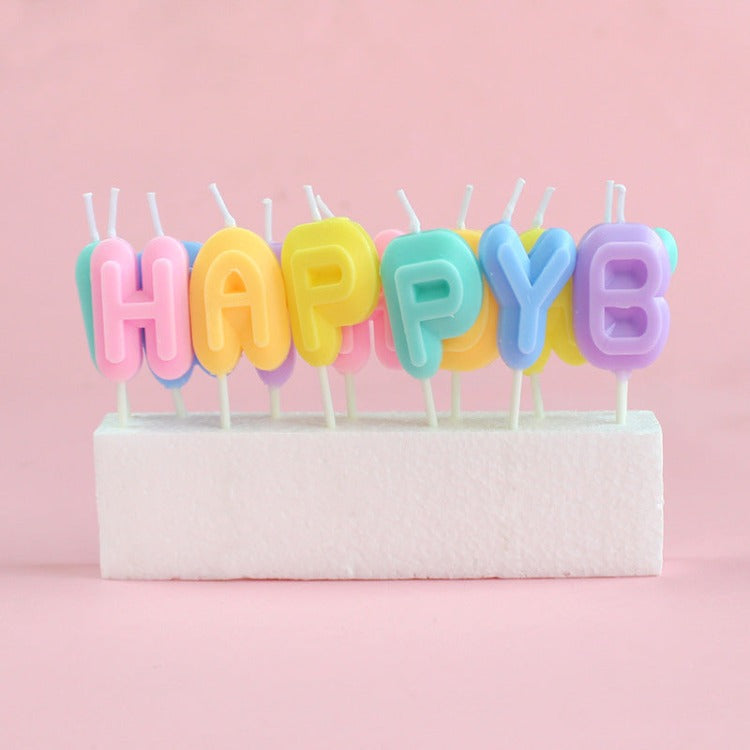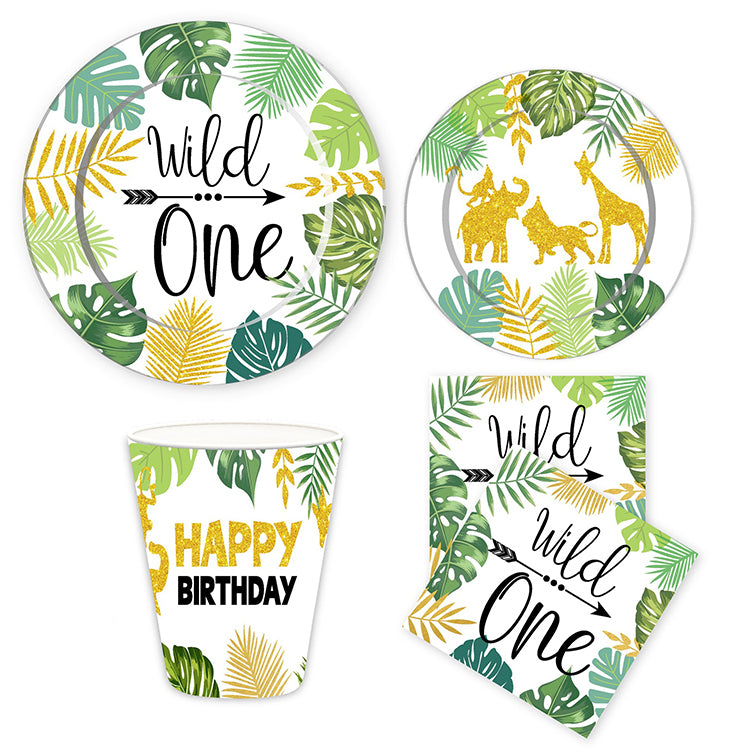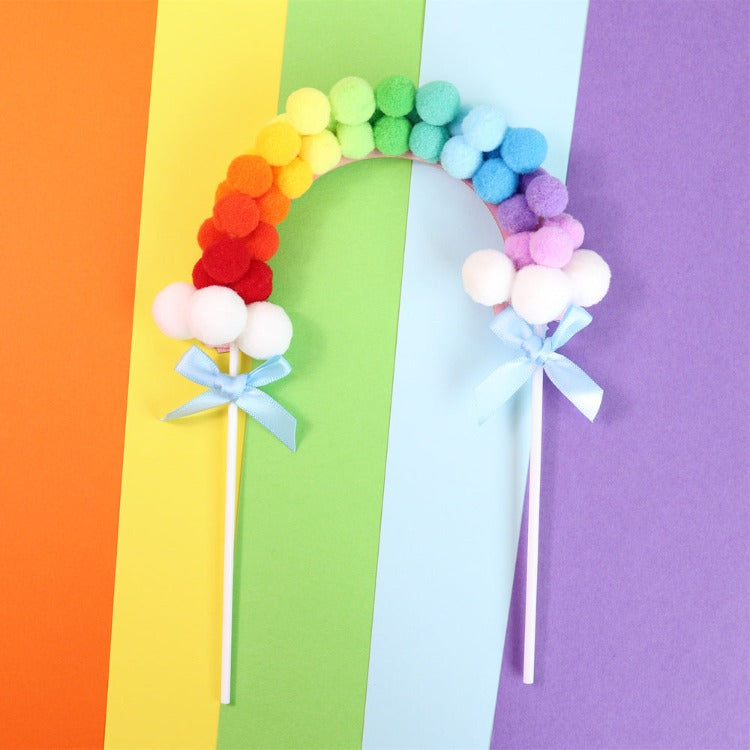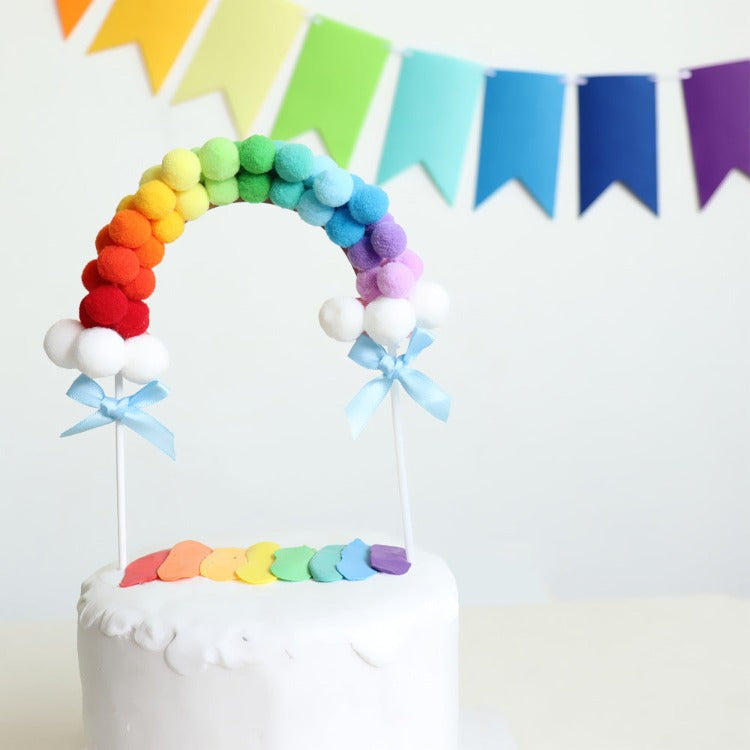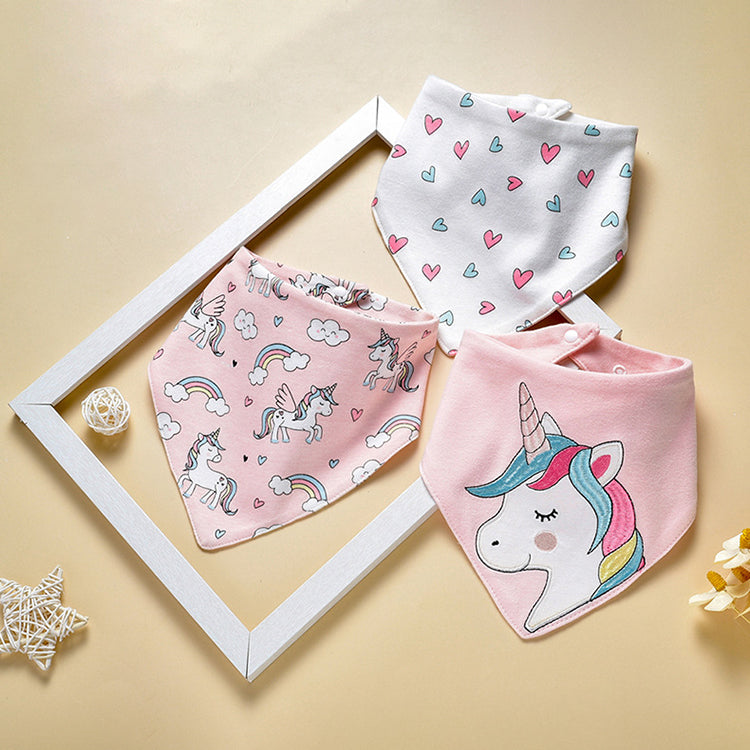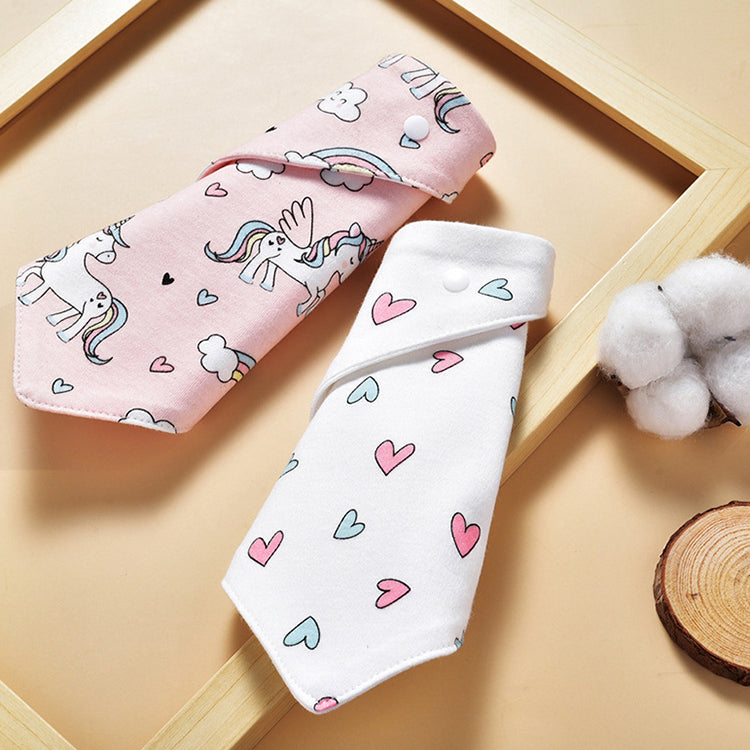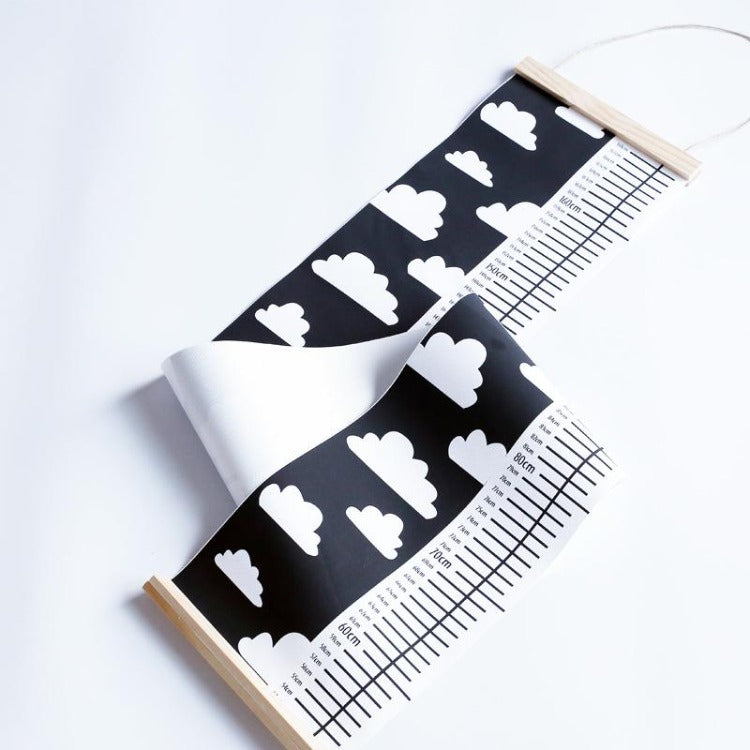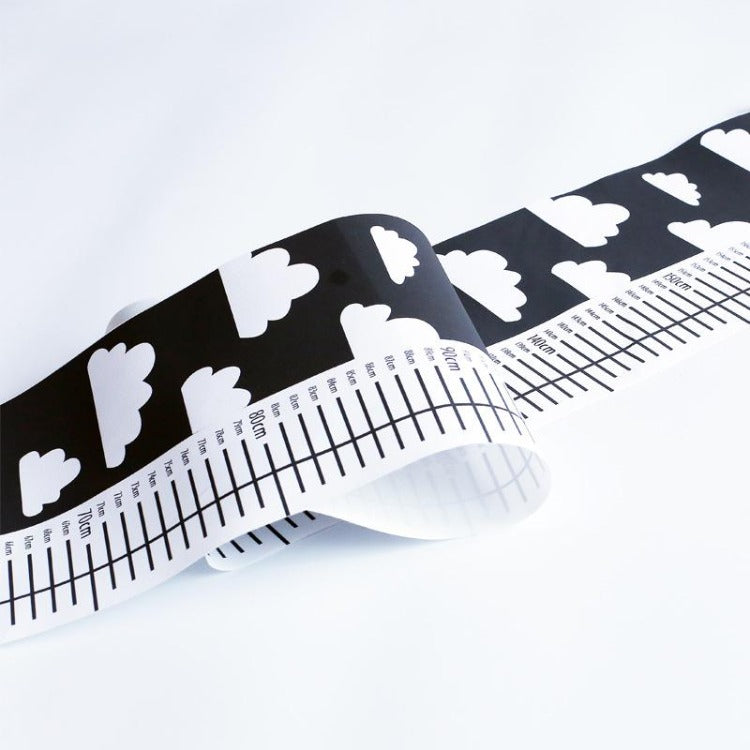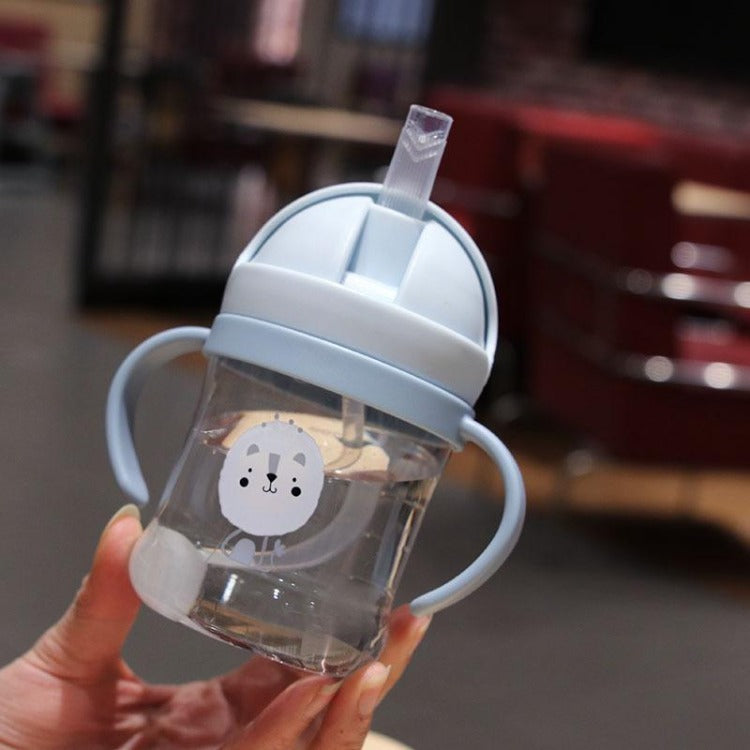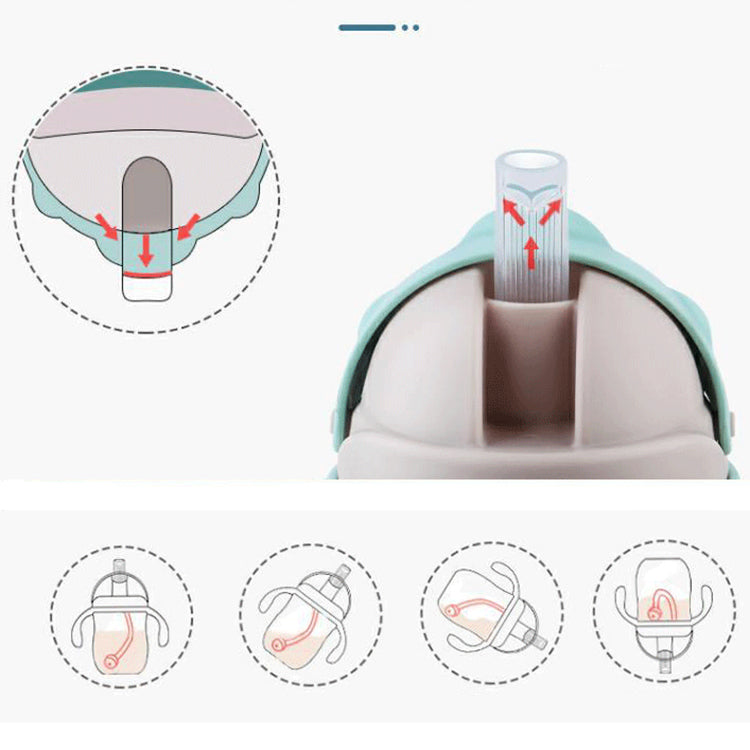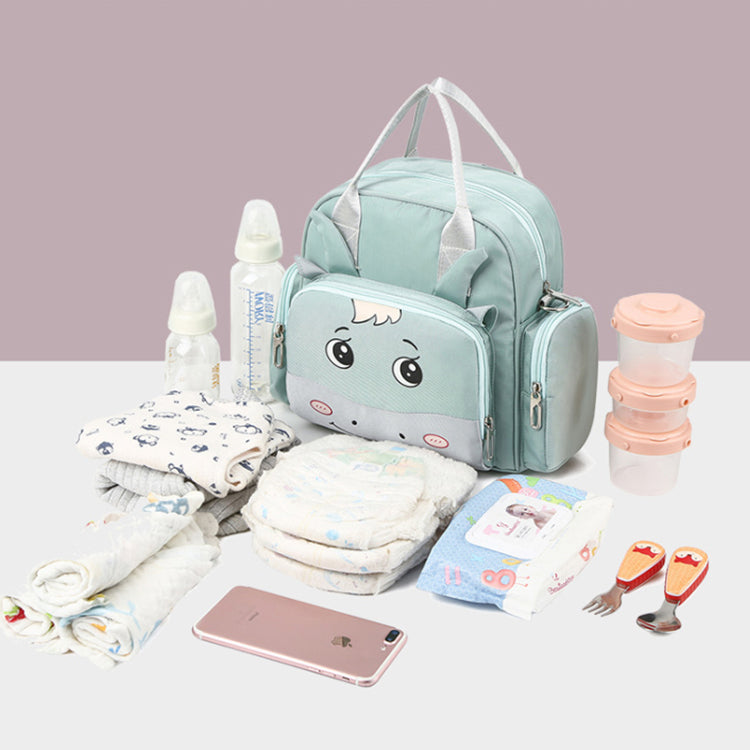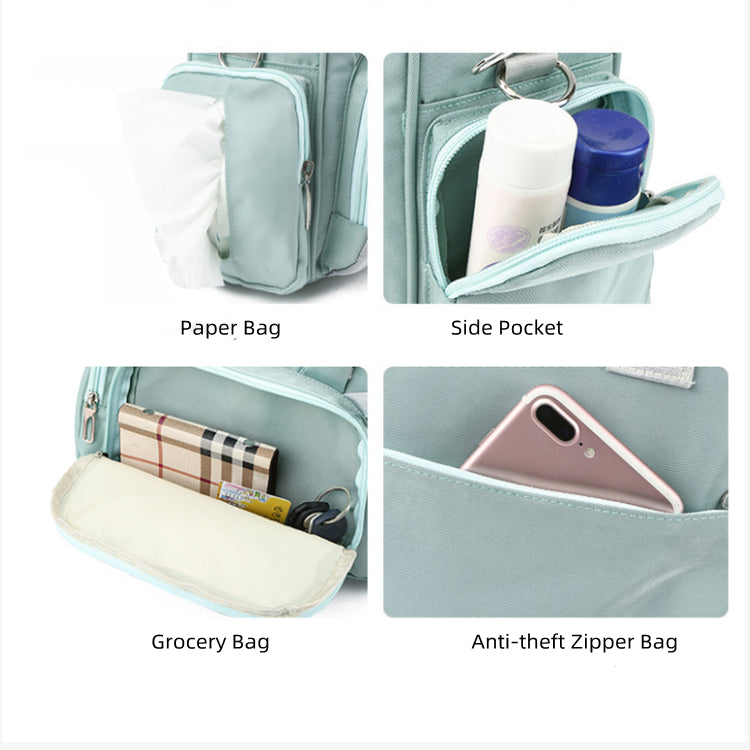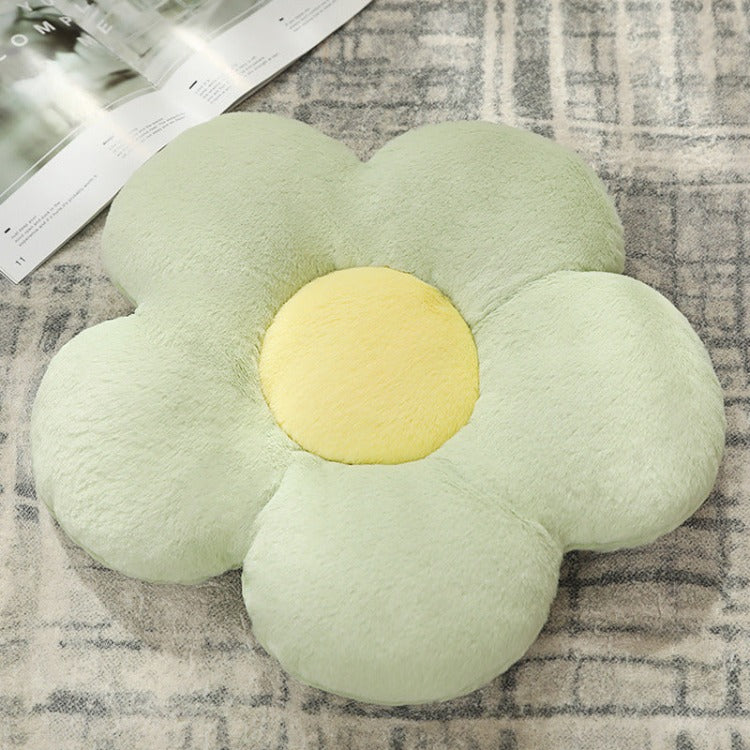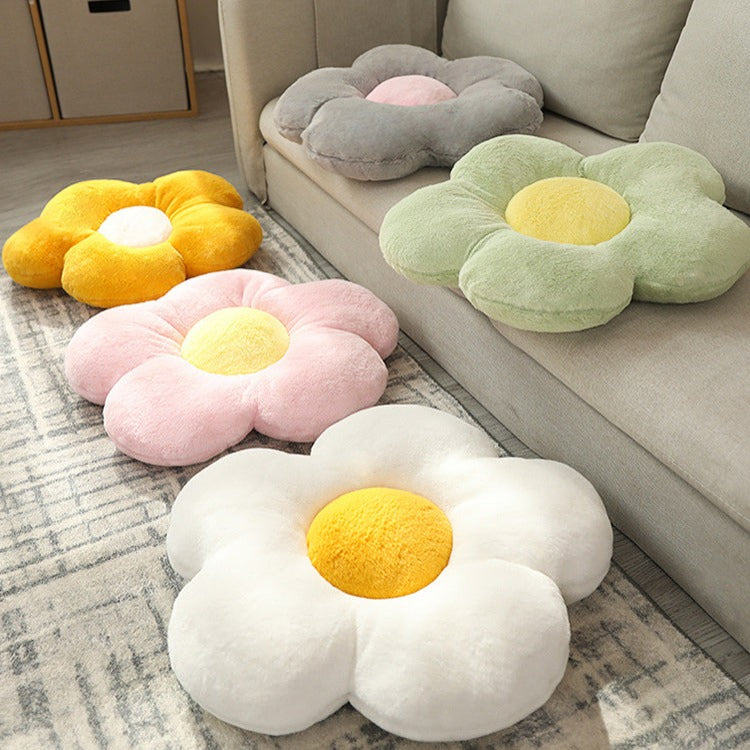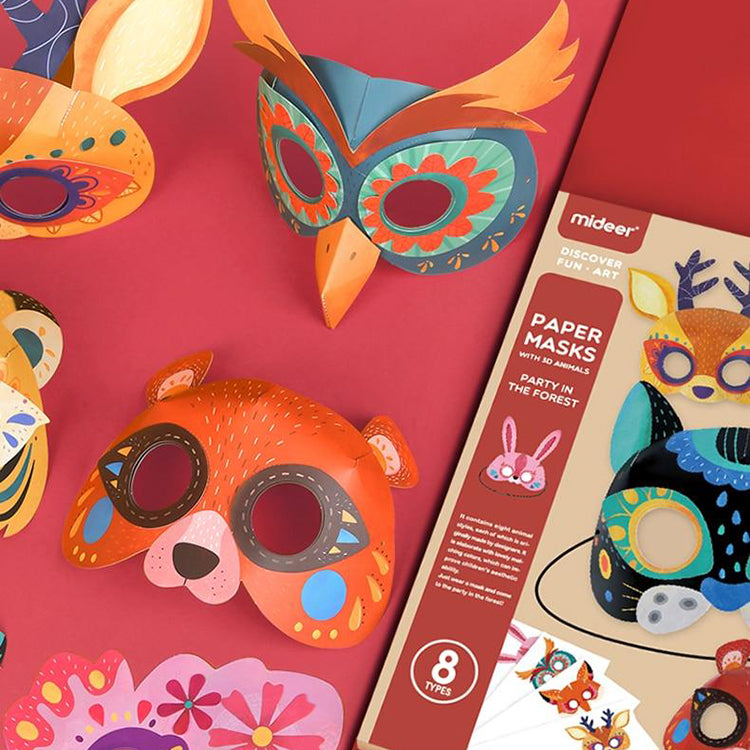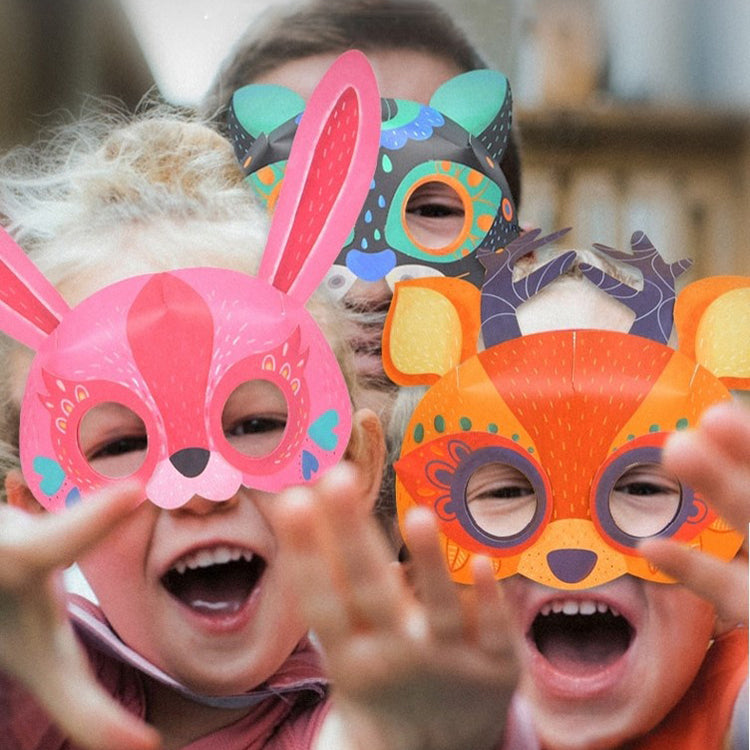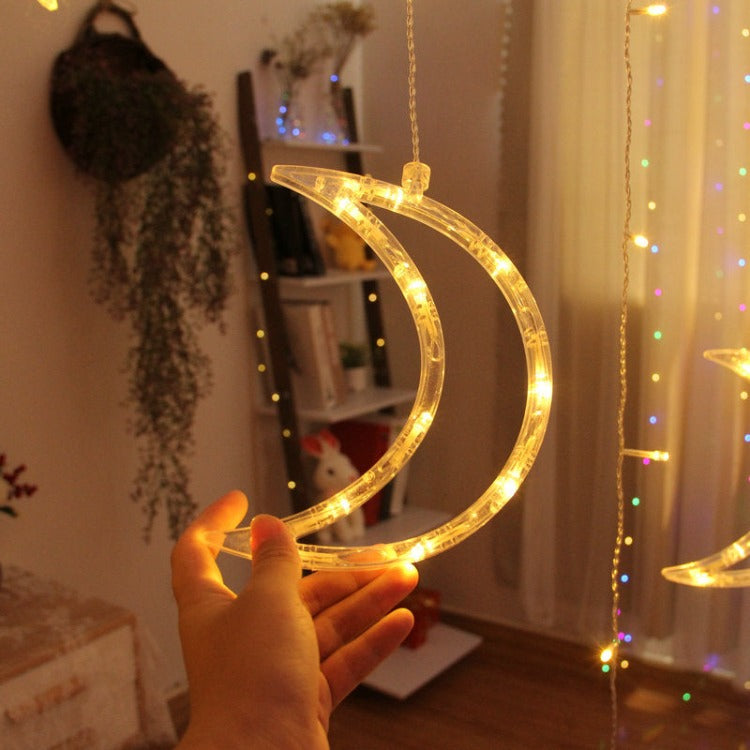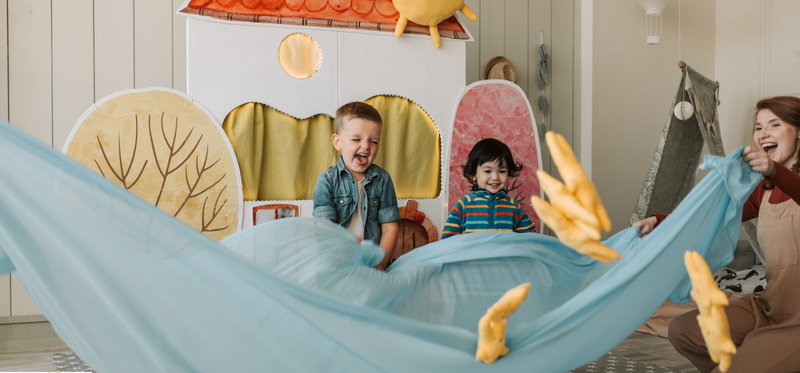
The Importance of Imaginative Play for Growing Minds
In a world filled with screens and structured schedules, imaginative play offers children a precious opportunity to explore, create, and express themselves freely. When children engage in role-play using toys like play kitchens, play food, dolls houses, and dolls, they’re doing far more than just entertaining themselves — they’re building essential life skills that support their cognitive, emotional, and social development.
Why Imaginative Play Matters
Imaginative play, often called pretend play or make-believe, allows children to step into a world of their own making. Whether they’re pretending to cook dinner, caring for a baby doll, or staging scenes in a miniature home, they’re practicing how to think independently, solve problems, and explore emotions.
Children often model real-life scenarios in their play, such as copying routines they see at home — cooking, cleaning, shopping, or bedtime rituals. This kind of “copy and do” play reinforces their understanding of daily life and helps them make sense of the world around them. It's also a safe way for children to experiment with different roles, such as being a parent, a chef, or even a superhero.
Play Kitchens and Play Food: Learning Through Role-Play
Play kitchens and pretend food are staples in many early years’ settings, and for good reason. These setups encourage children to mimic real-life cooking activities, which enhances fine motor skills through chopping, stirring, and organizing toy ingredients.
But it’s not just about movement. As they pretend to cook meals, serve food to others, or run a restaurant, children develop language and communication skills. They learn new words, practice storytelling, and engage in turn-taking. Whether playing alone or with others, a play kitchen is a wonderful way for children to express creativity and build confidence.
There’s also a subtle learning of responsibility and routines: setting the table, washing dishes, or “grocery shopping” with a basket full of pretend food all help teach order and care. These experiences form the foundation for healthy habits and awareness of everyday life skills.
Dolls and Dolls Houses: Empathy in Action
Dolls and dolls houses have enchanted children for generations. These classic toys invite rich, open-ended storytelling and emotional expression. When children care for dolls — dressing them, feeding them, or putting them to sleep — they’re practicing empathy and nurturing behaviour.

A dolls house provides a miniature world where children can create family dynamics, organize spaces, and role-play social situations. They may recreate experiences from their own home or imagine new family structures, daily adventures, or even challenges. Through these scenarios, children learn to process emotions, explore relationships, and understand the perspectives of others.
Social play with dolls also encourages collaboration and compromise. Two children might negotiate who plays what role, or what happens next in the story, developing cooperation and emotional intelligence in the process.
Supporting Imaginative Play at Home
Parents and caregivers play a vital role in encouraging imaginative play. By providing toys that inspire storytelling and mimic real life — like a well-stocked play kitchen, diverse dolls, and engaging dolls house accessories — you’re giving children the tools to build their own worlds.
But it’s not all about the toys. Joining in the play, asking questions, and listening to your child’s ideas shows that their imagination is valued. It also helps deepen their play and builds stronger parent-child bonds.
Imaginative play is more than just fun — it’s fundamental. Through the simple joys of pretend cooking, caring for dolls, or arranging a dolls house, children are learning about themselves and the world around them. They are gaining skills that will serve them for life: communication, empathy, creativity, and confidence.
So next time you see a child serving invisible tea or tucking a doll into bed, remember — they’re not just playing. They’re growing.



